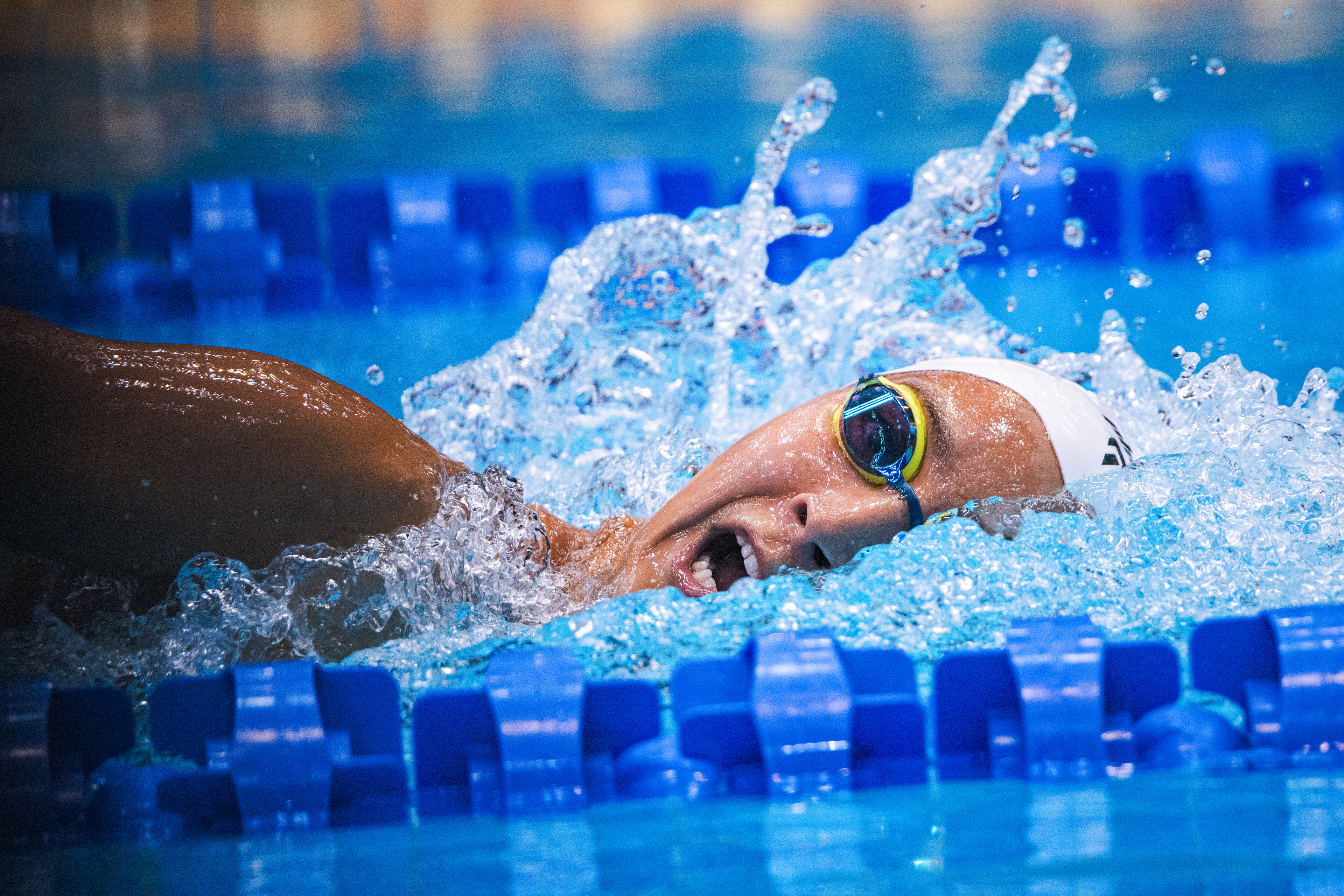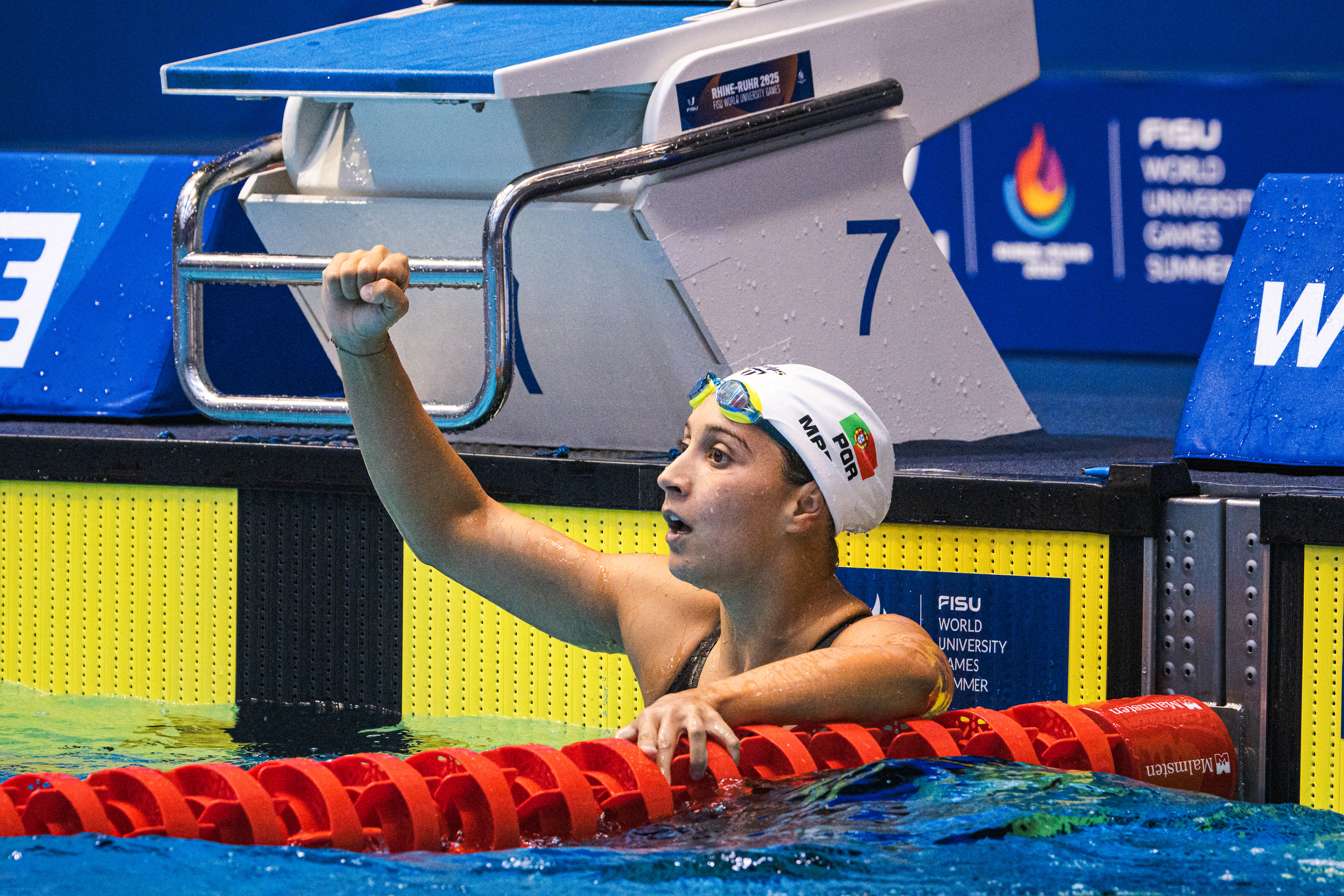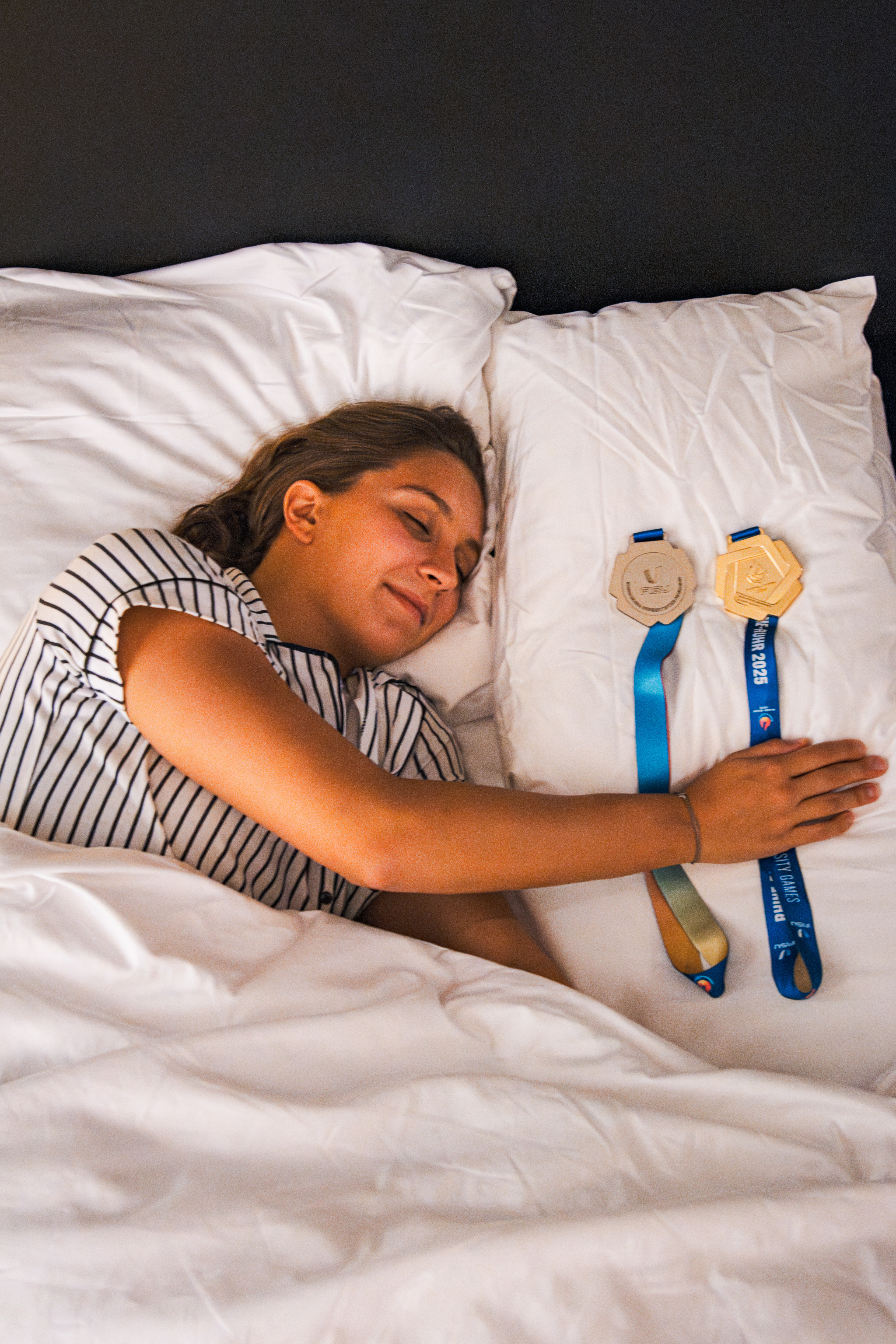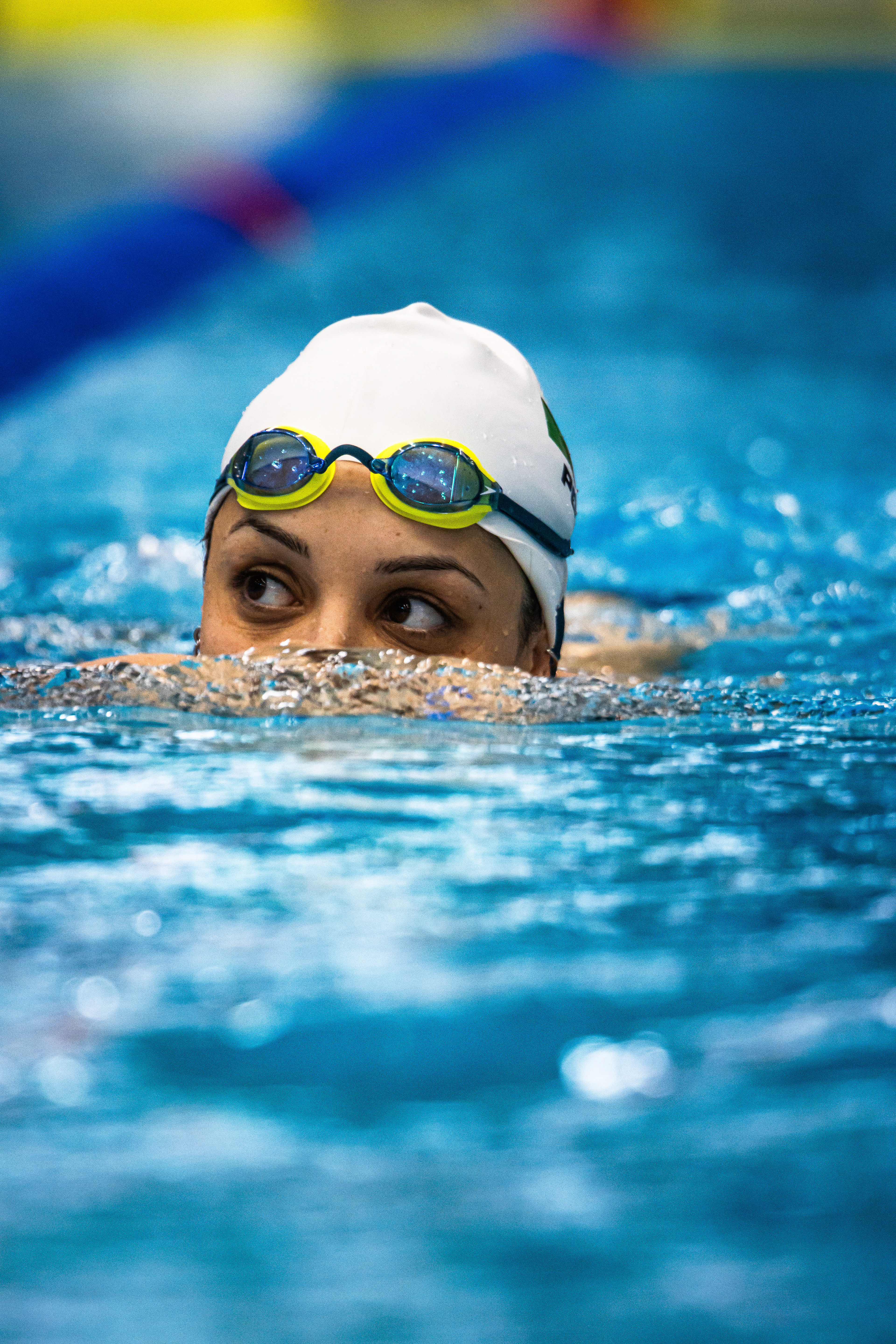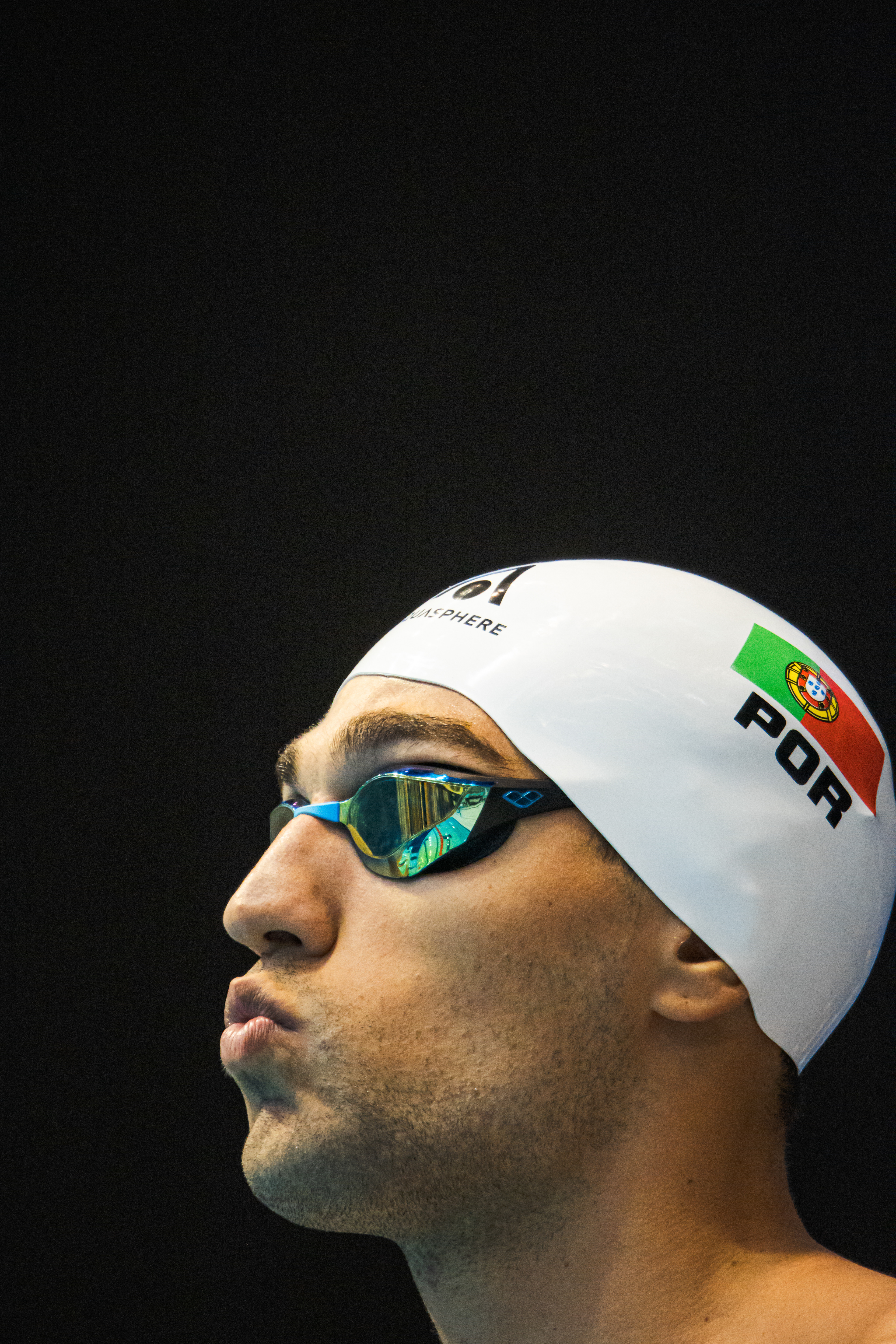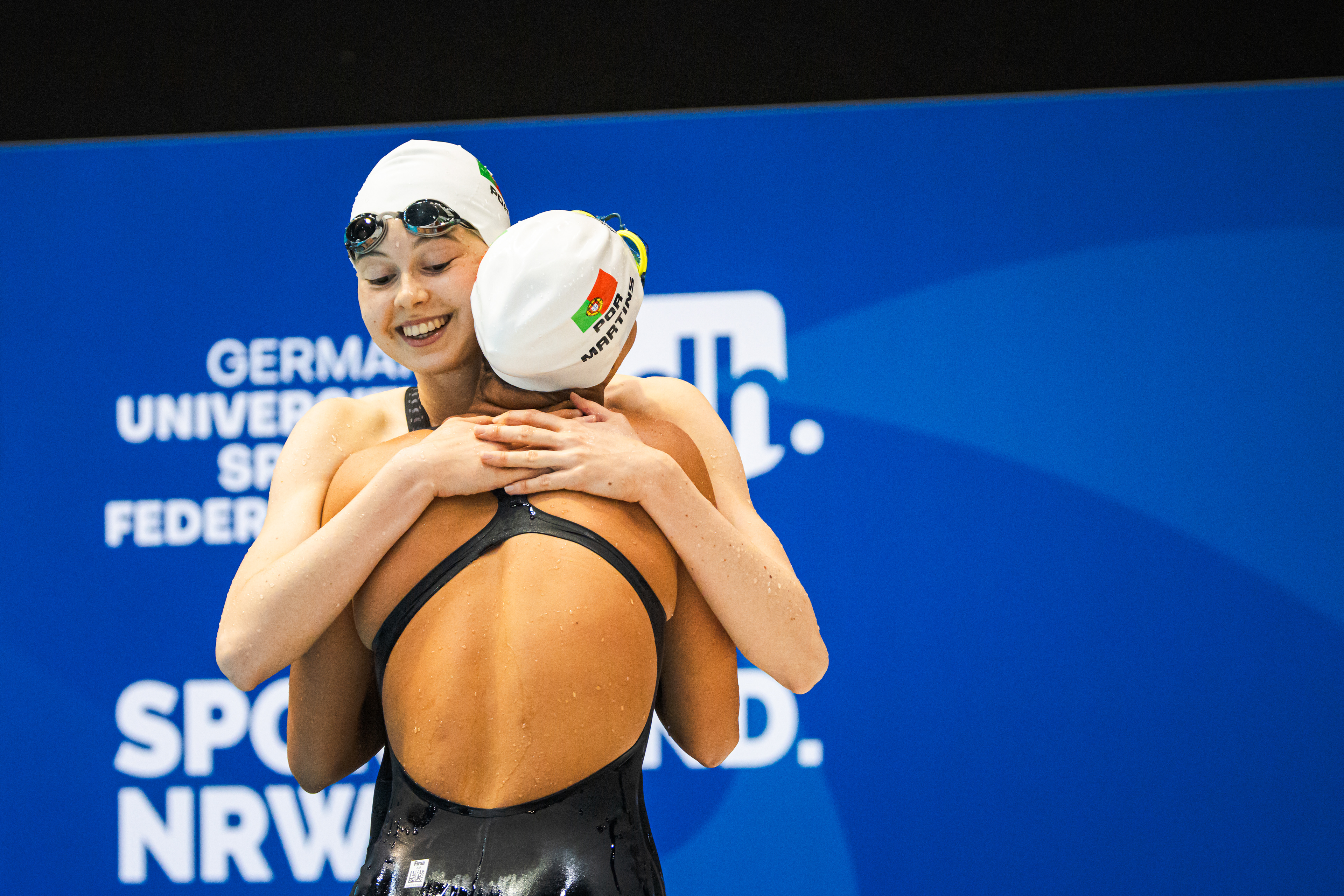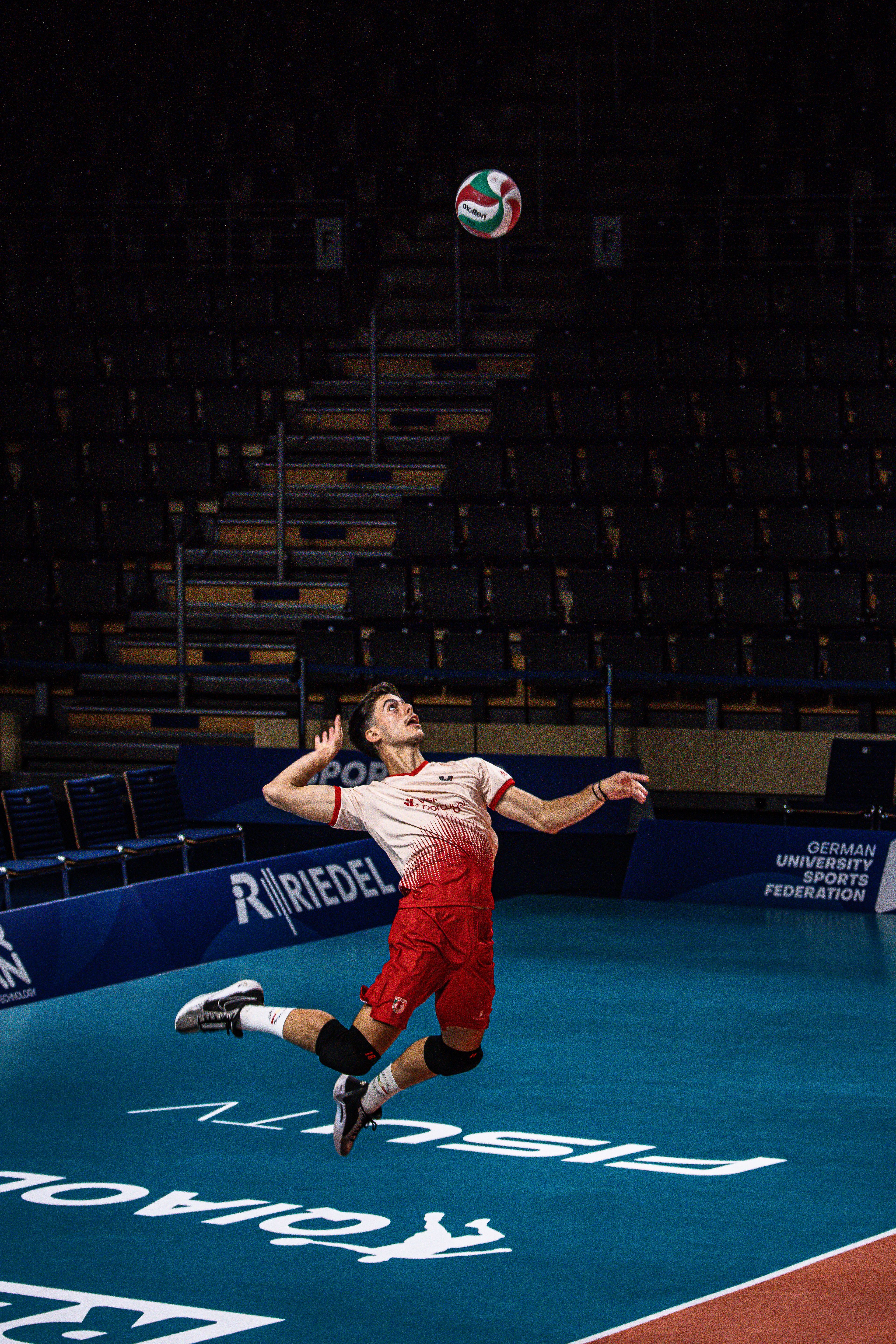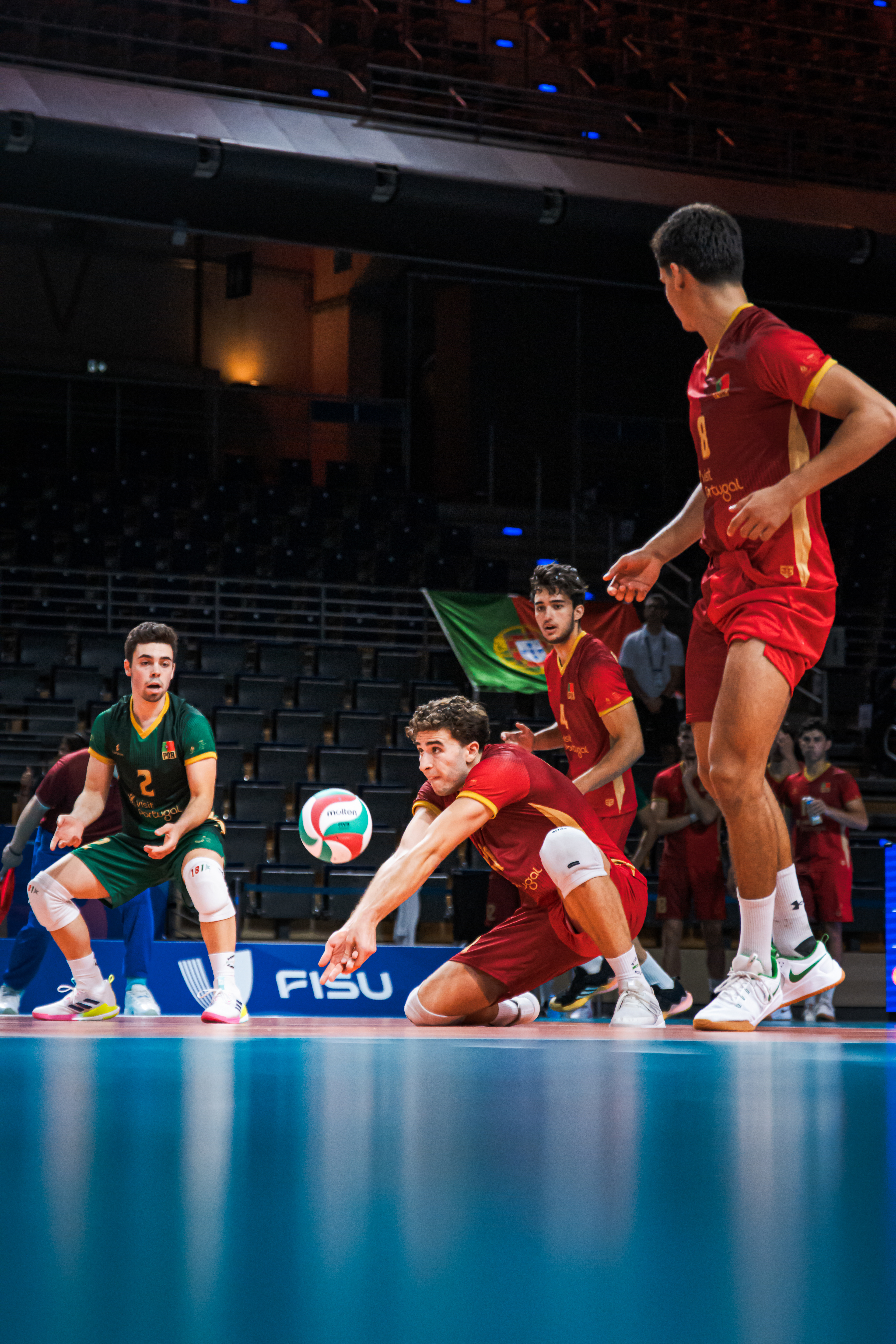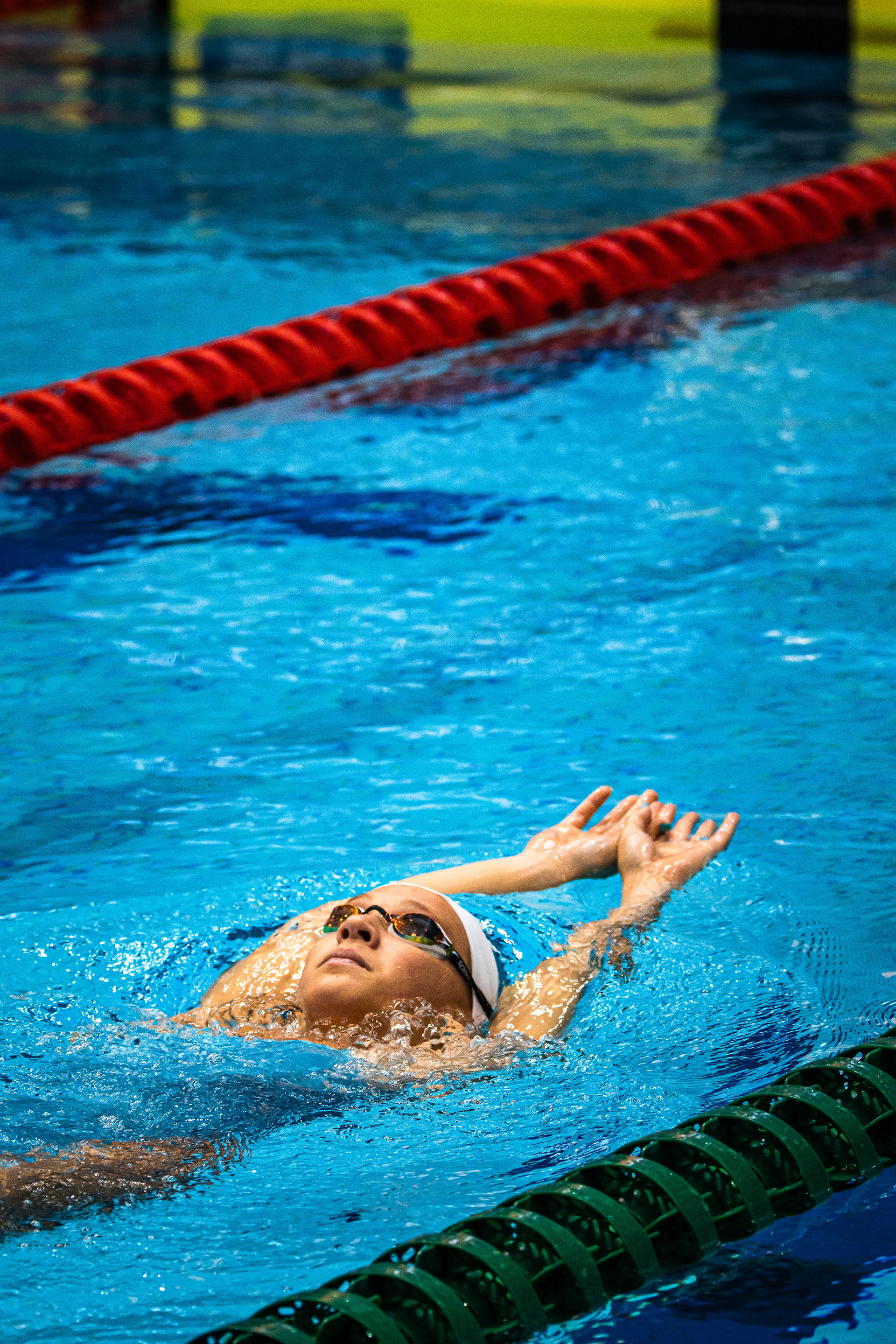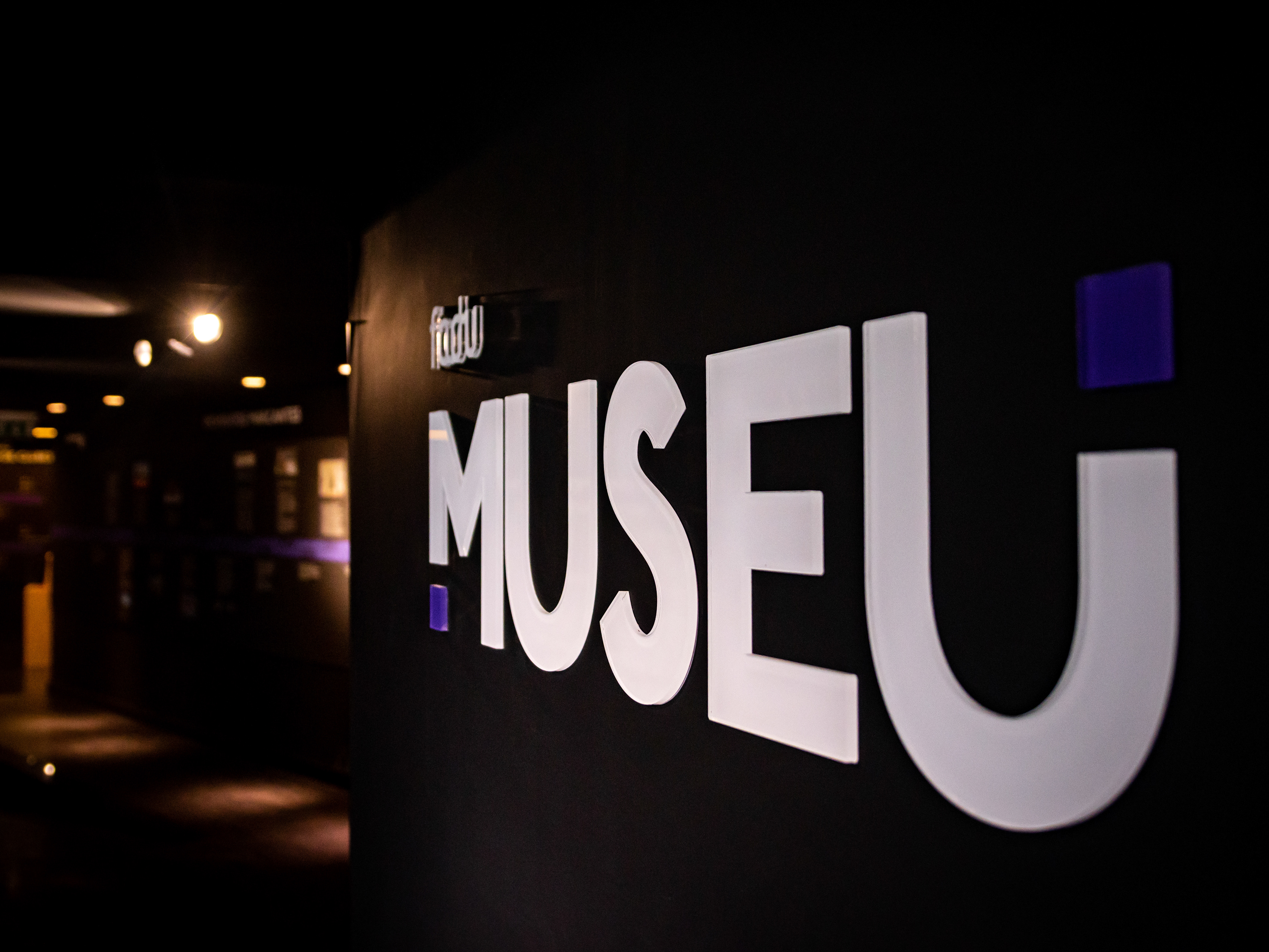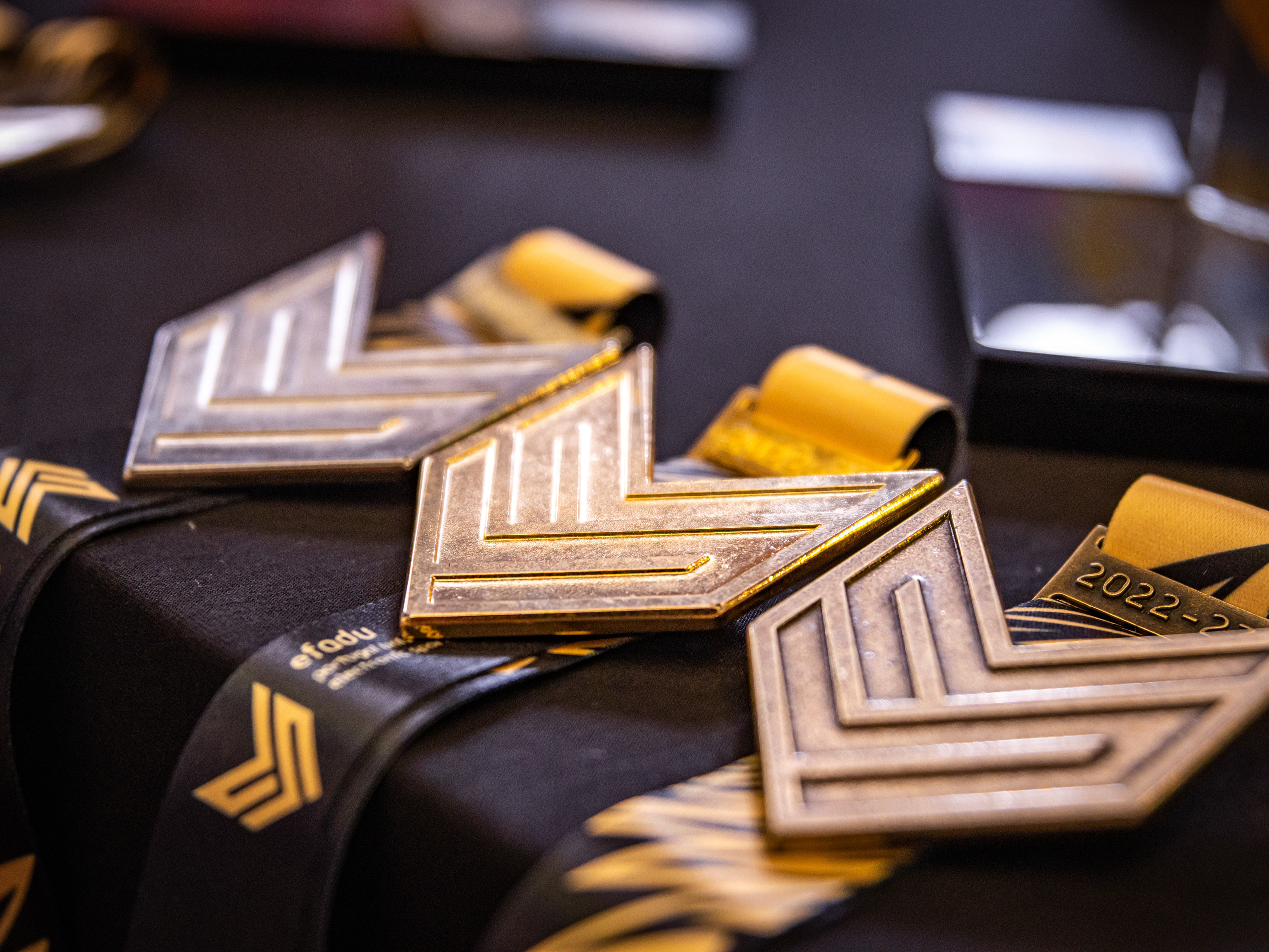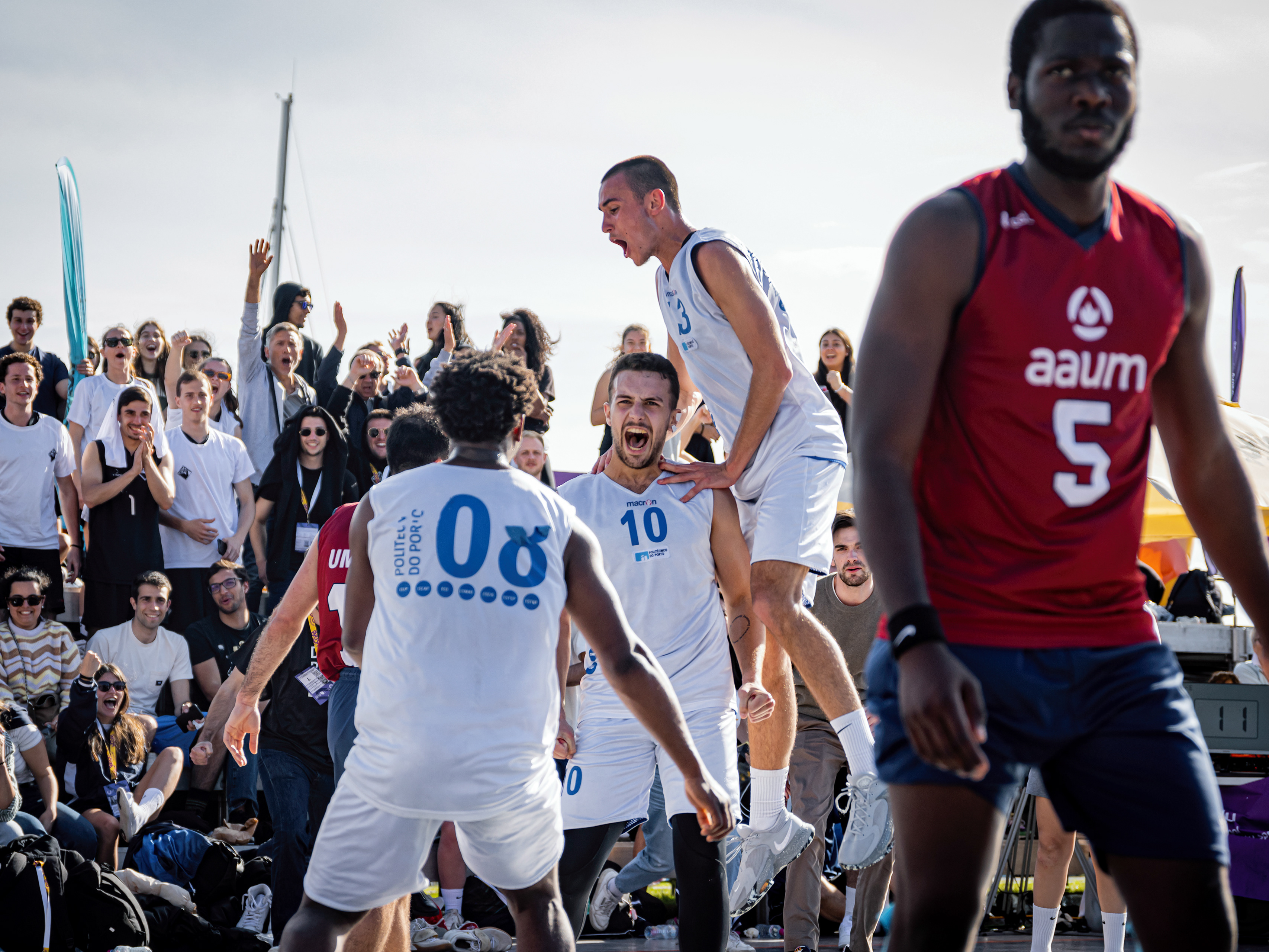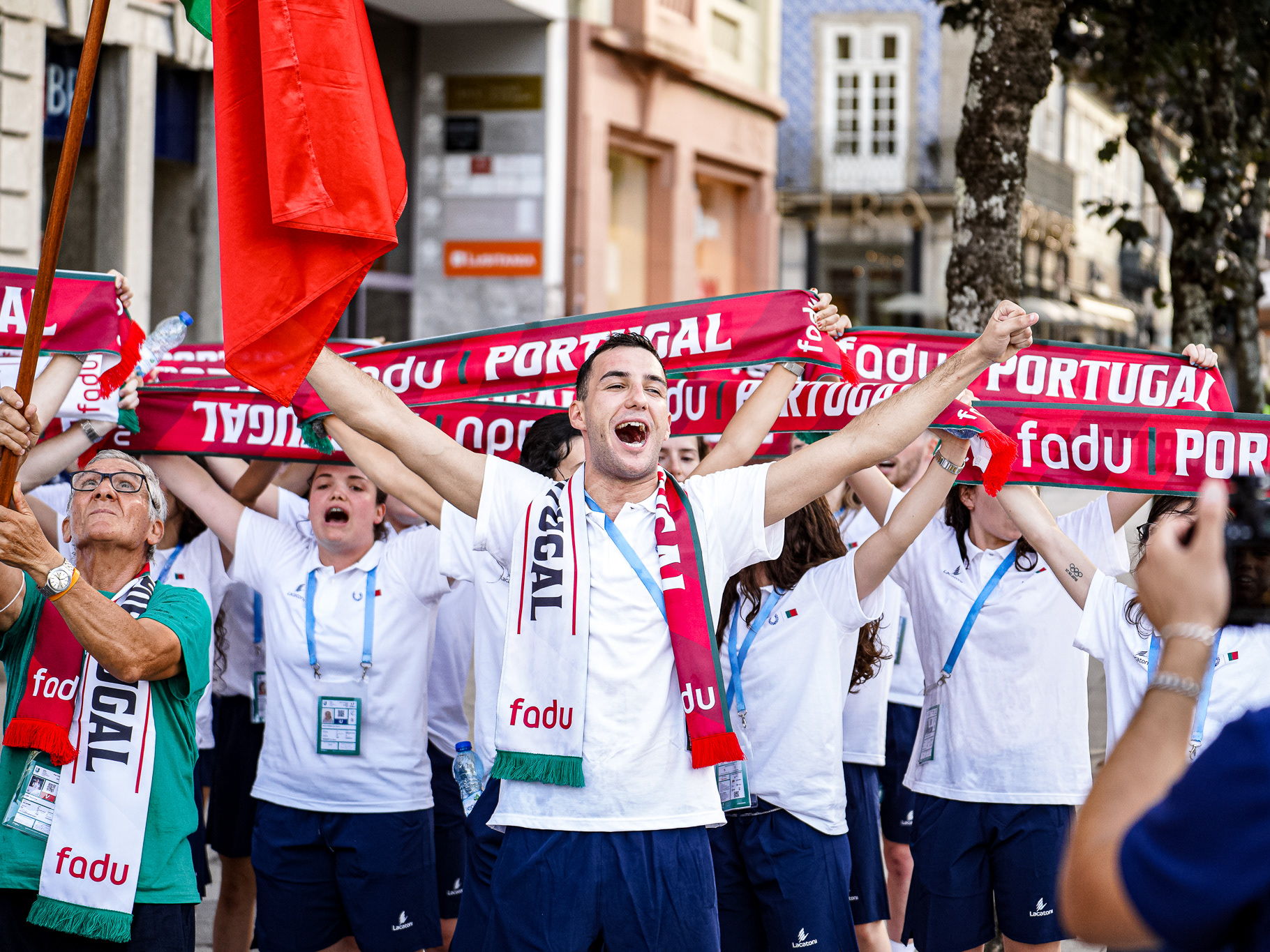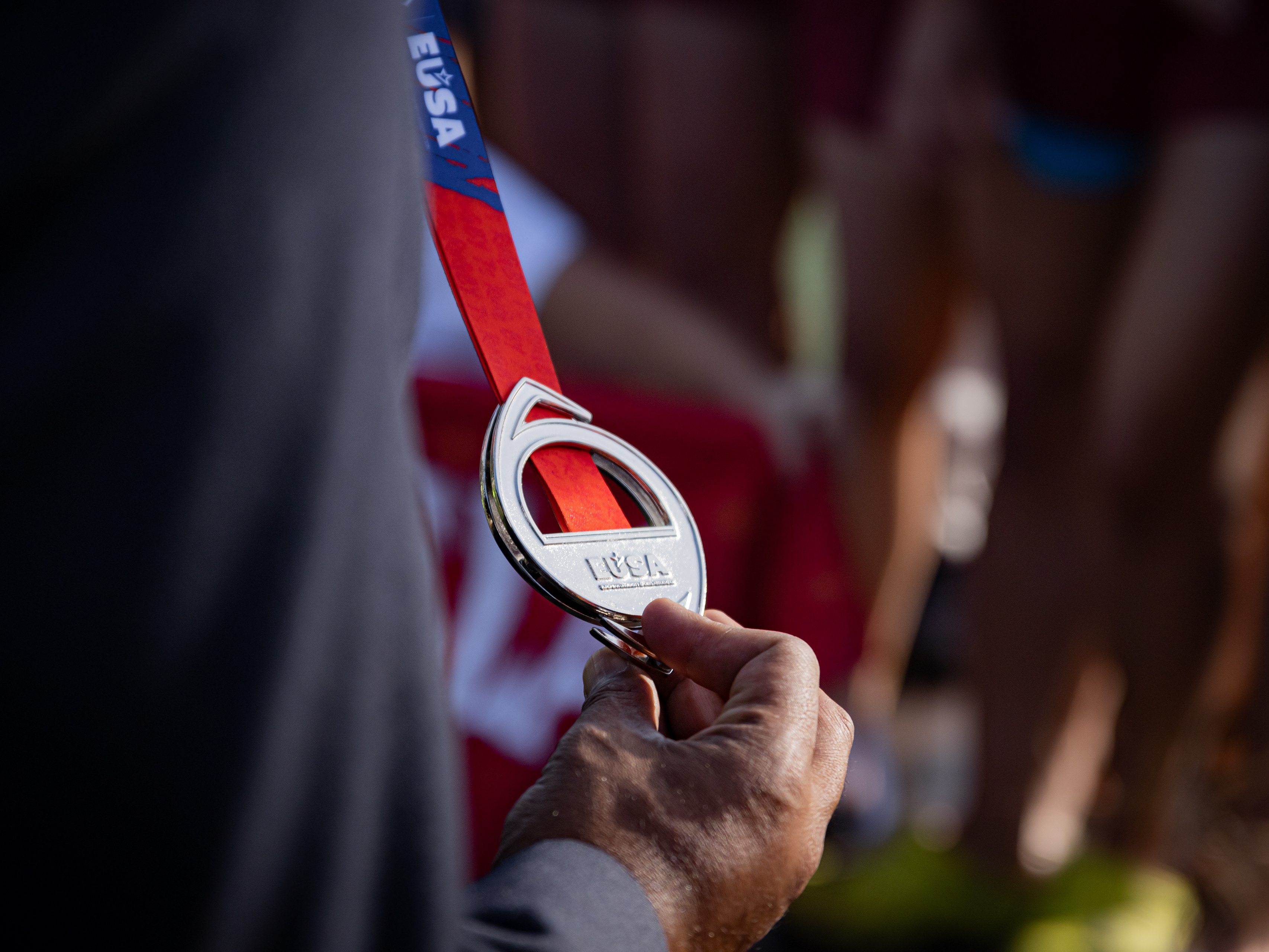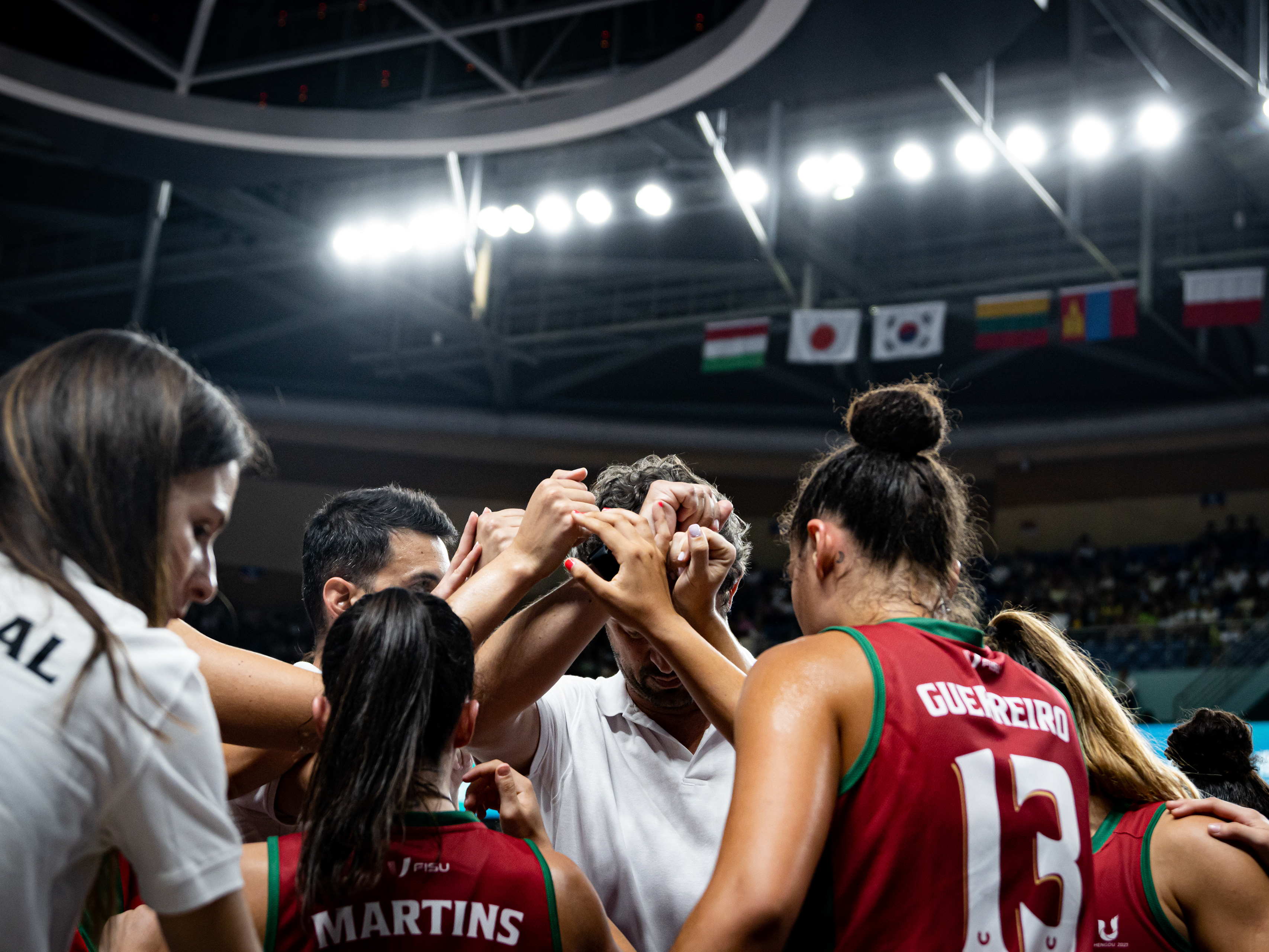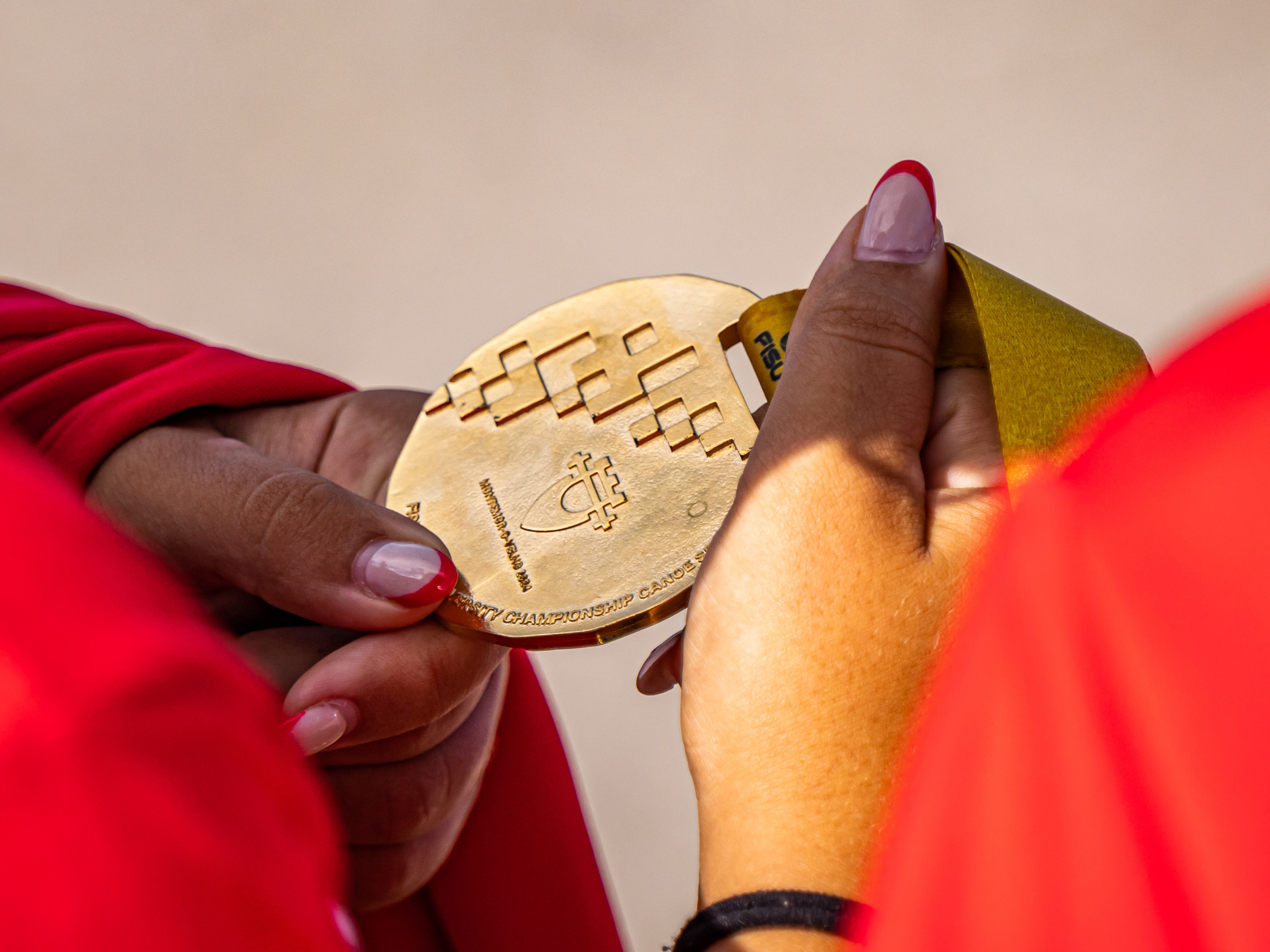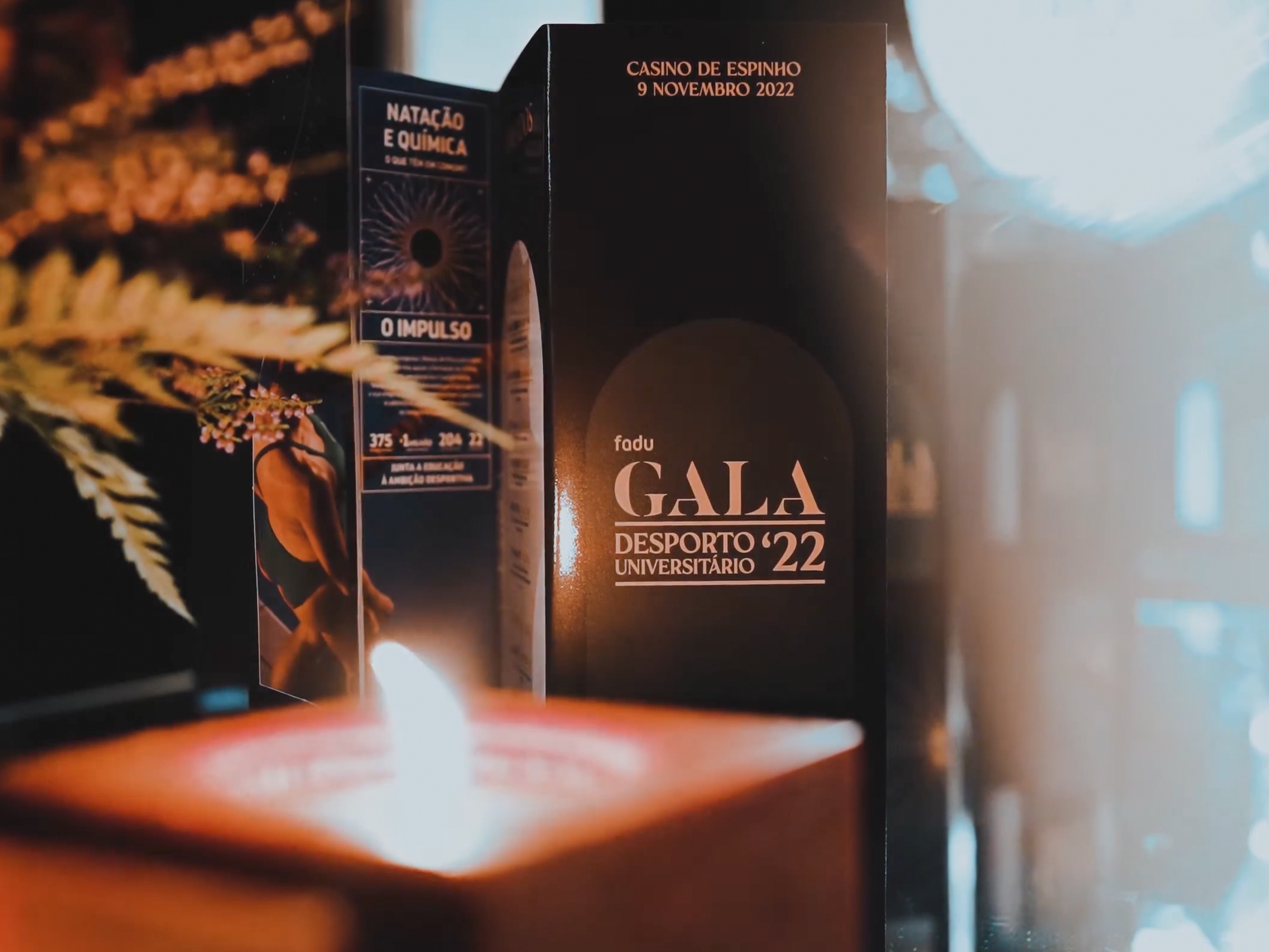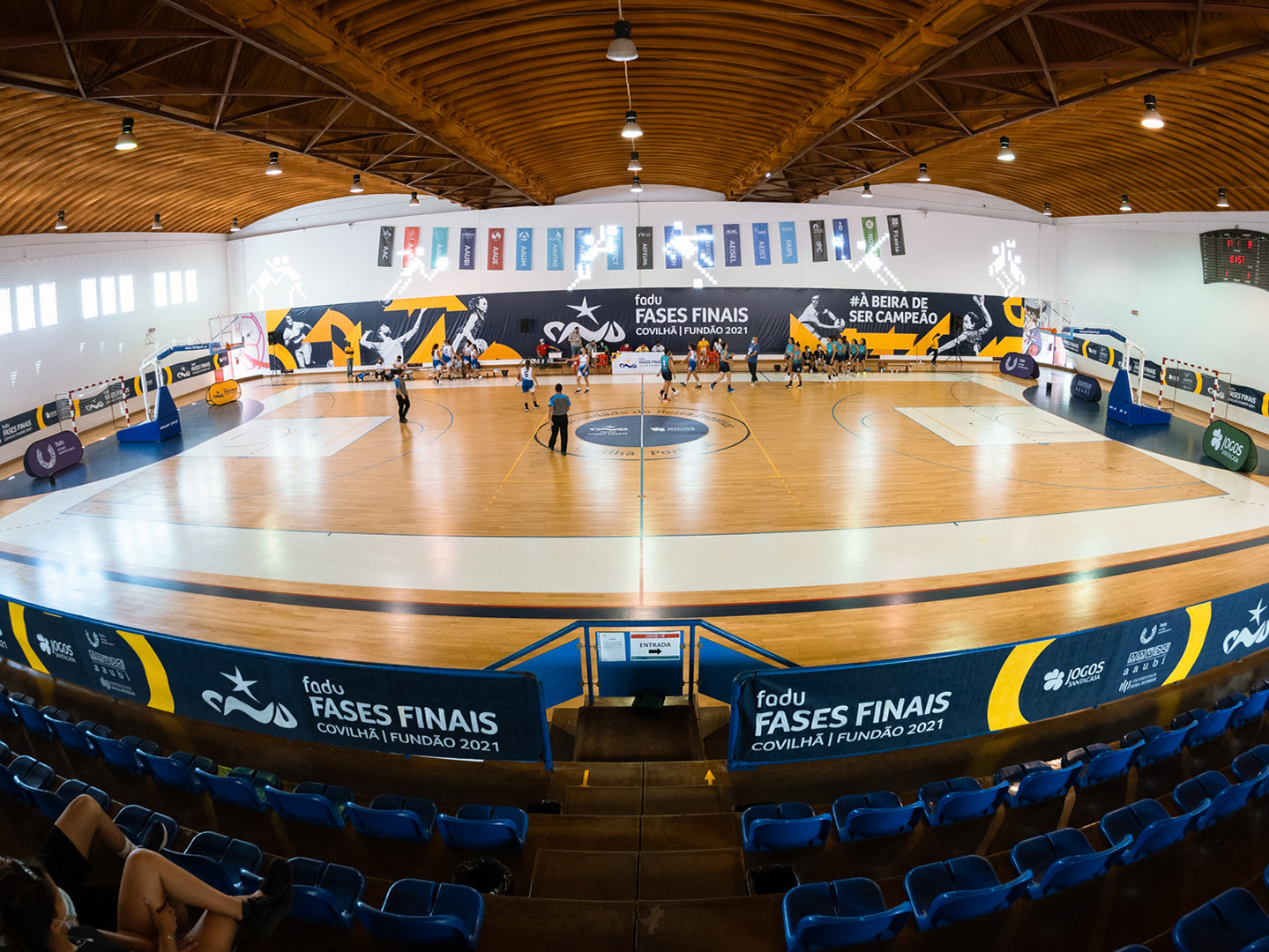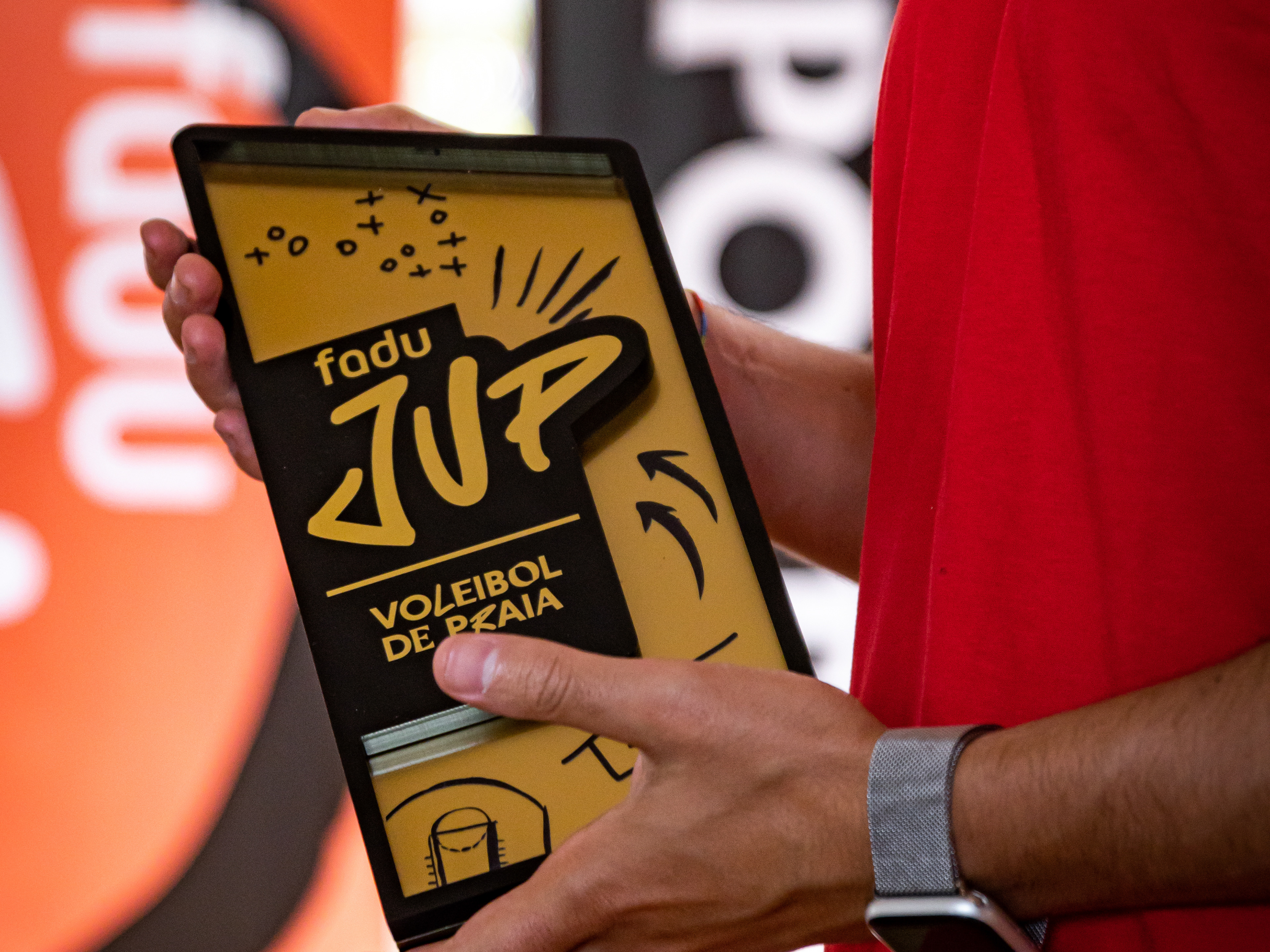Visual Identity
Clothing Design
Photography
Working for the second time on the FISU World University Games offered me a more strategic and refined approach. Following my first experience in 2023, this time I wanted to reinvent the visual language of the Portuguese Mission combining prior knowledge with the drive to create something unique and disruptive.
About the Project.
As in the previous edition, this remains one of the most complex projects within University Sports. The Portuguese Mission relies on multiple areas, not only design, but also conceptual thinking and a strong narrative foundation. It's essential to establish a clear and meaningful base that gives coherence to the mission as a whole. From there, we are able to develop ideas that shape everything from the competition kits to the visual style of social media, the tone of communication with the public, and how the project is presented to sponsors.
Every two years, the Portuguese Mission defines a thematic direction rooted in something traditionally Portuguese. In 2023, Portugal achieved its best result ever at the FISU World University Games, with a total of seven medals. From that achievement, we built a concept around the number seven, which is also symbolically present in the national flag with its seven castles.
This intersection between achievement and heritage gave rise to the new identity of the Portuguese Mission, shaped by the slogan “Honor the Legacy”.
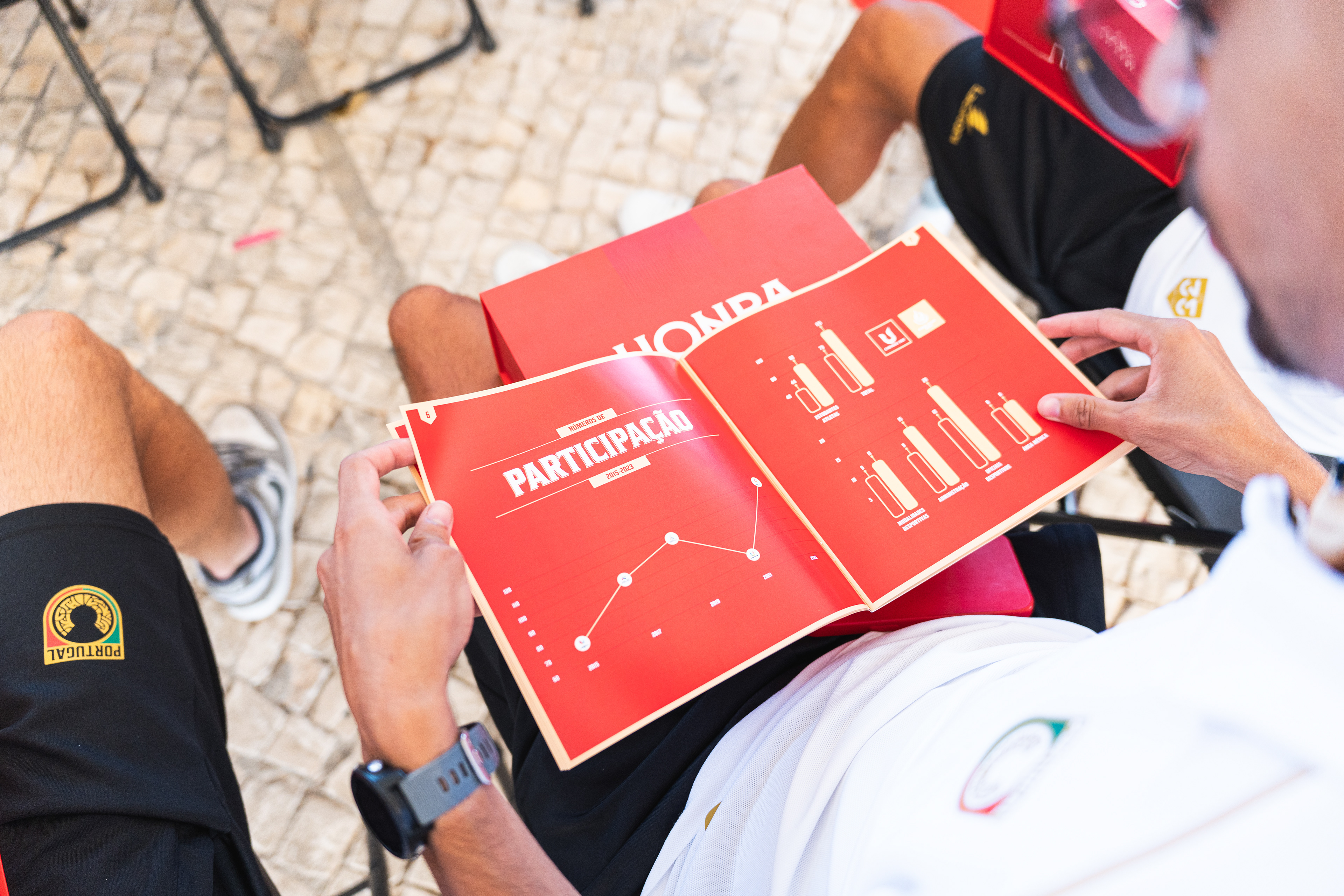
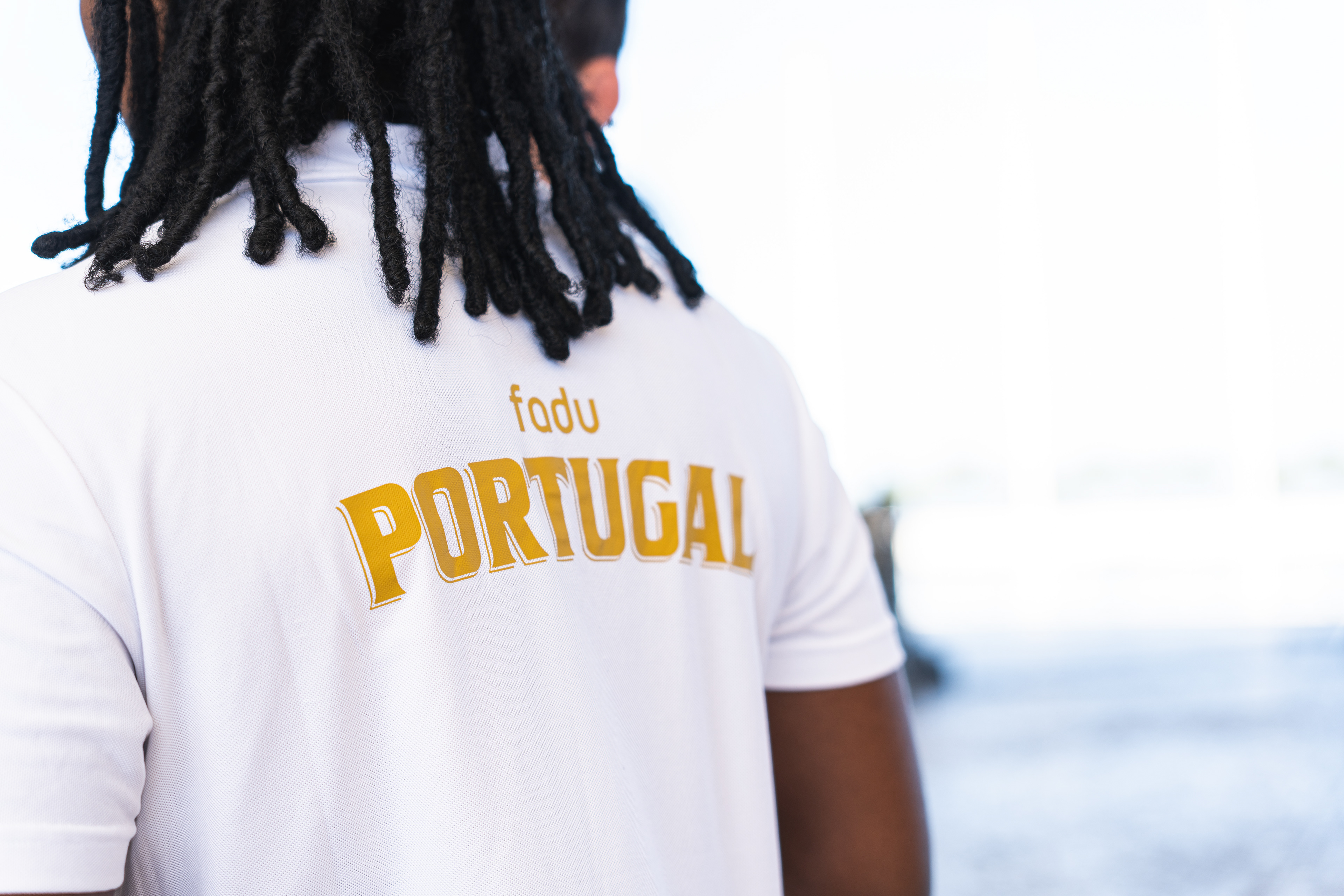
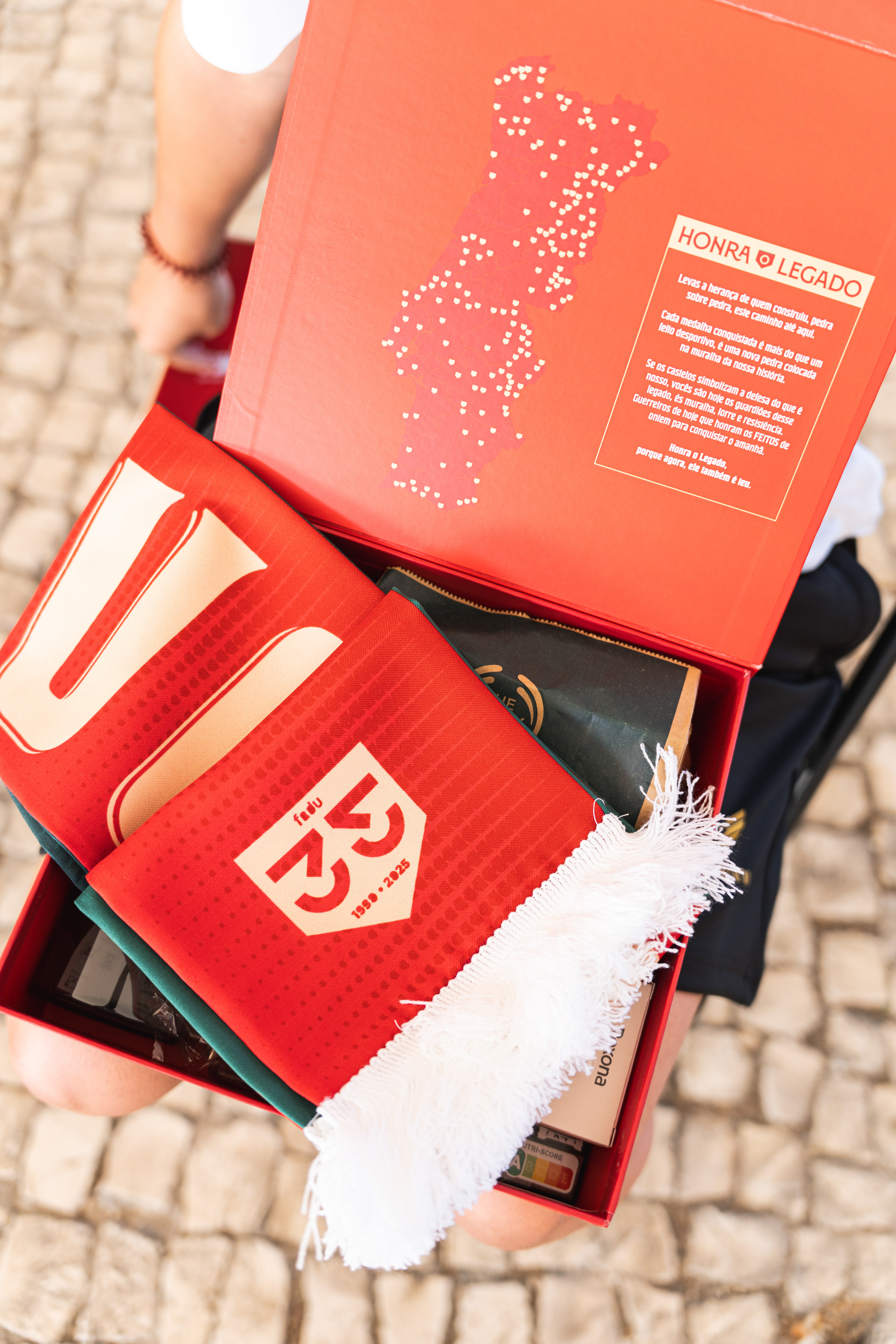
Visual Identity.
The development of the Portuguese Mission’s visual identity in this cycle carried a particularly symbolic meaning. The year 2025 marks the 35th anniversary of FADU Portugal, which brought the challenge of creating a visual system that would remain consistent throughout the year. The goal was to build an identity anchored to the 35-year anniversary logo, ensuring its continuous presence across all materials and initiatives related to the Mission.
This concept became the foundation of the project. The use of the commemorative shield as a repeating pattern, as seen in the visual composition, reinforces the idea of multiplying the identity, each athlete becoming a fragment of this collective wall.
Visually, the pattern establishes a rhythmic structure that evokes unity, formation, and shared strength. At the same time, it integrates directly with the concept of “Honor the Legacy”, by positioning each athlete within a broader narrative of historical continuity and national representation.
Clothing Design.
The clothing design was developed around the concept of pattern repetition, using the commemorative shield as a central visual element throughout the identity of the Portuguese Mission. This graphic language was consistently applied across all pieces, creating a cohesive and instantly recognizable look.
Beyond the official competition kits, the same identity was extended to all garments worn by the athletes during the event, including casualwear, tracksuits, and other official clothing. Every item was designed as an extension of the Mission’s brand, reinforcing a strong sense of unity and institutional presence through visual consistency.
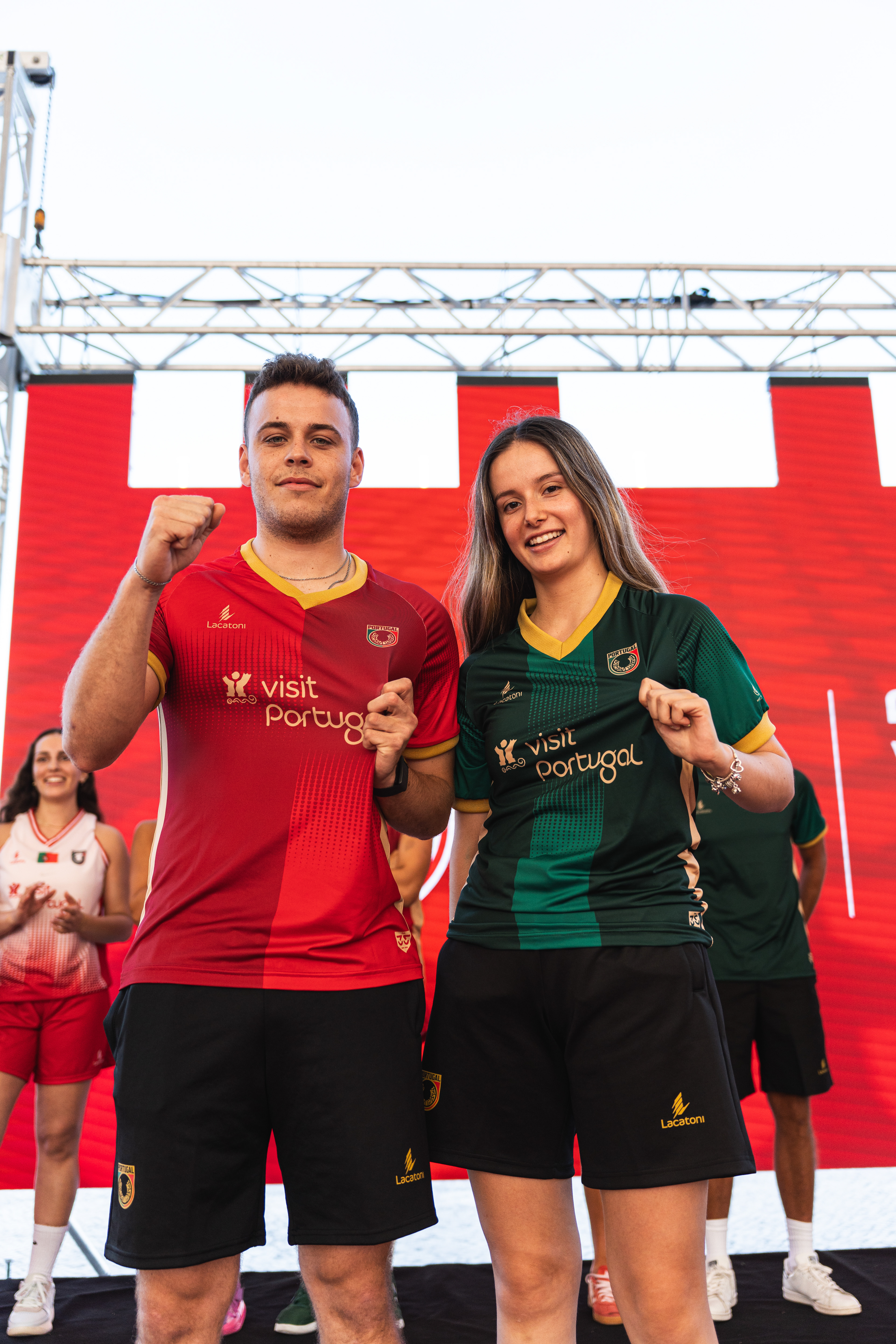

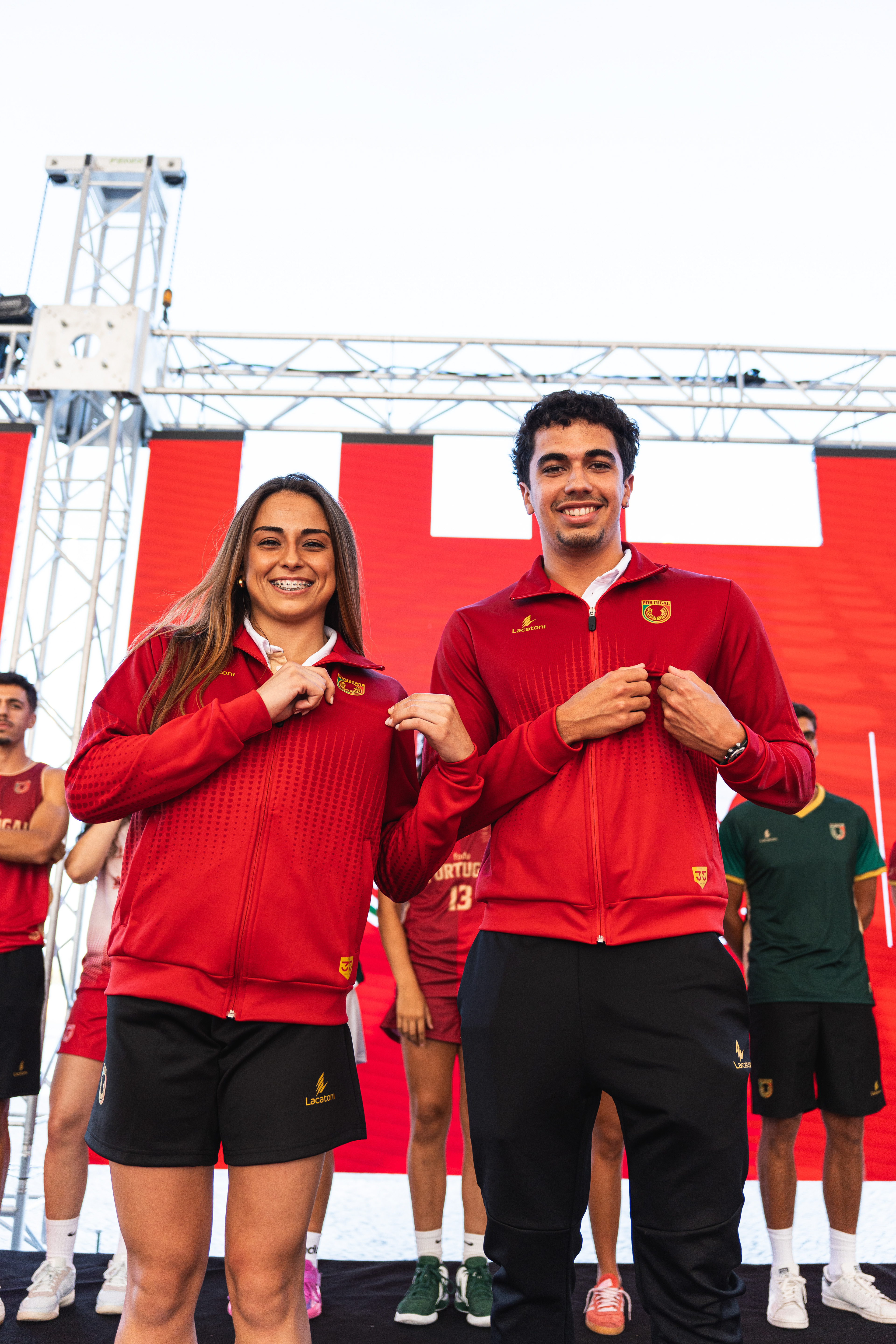

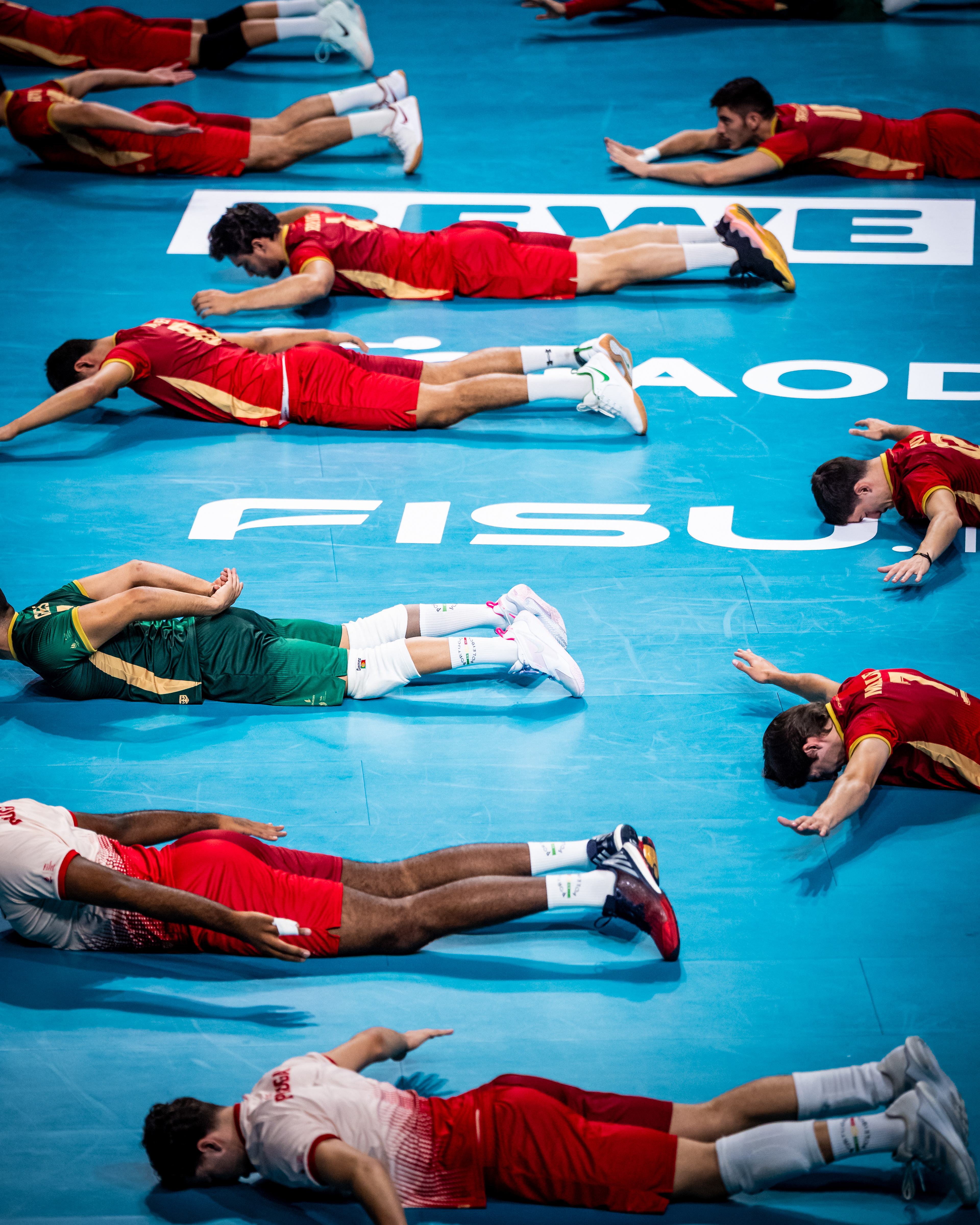
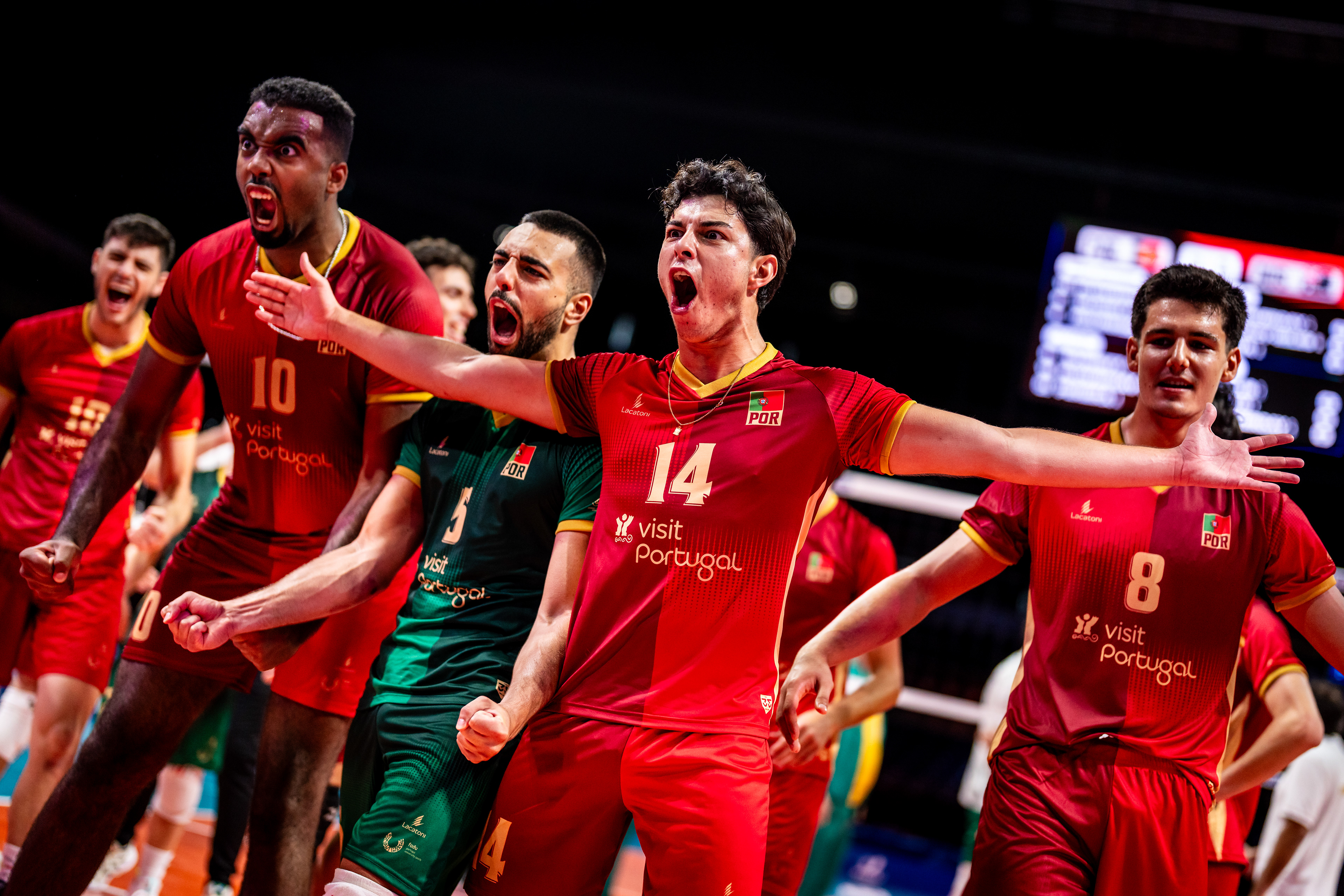
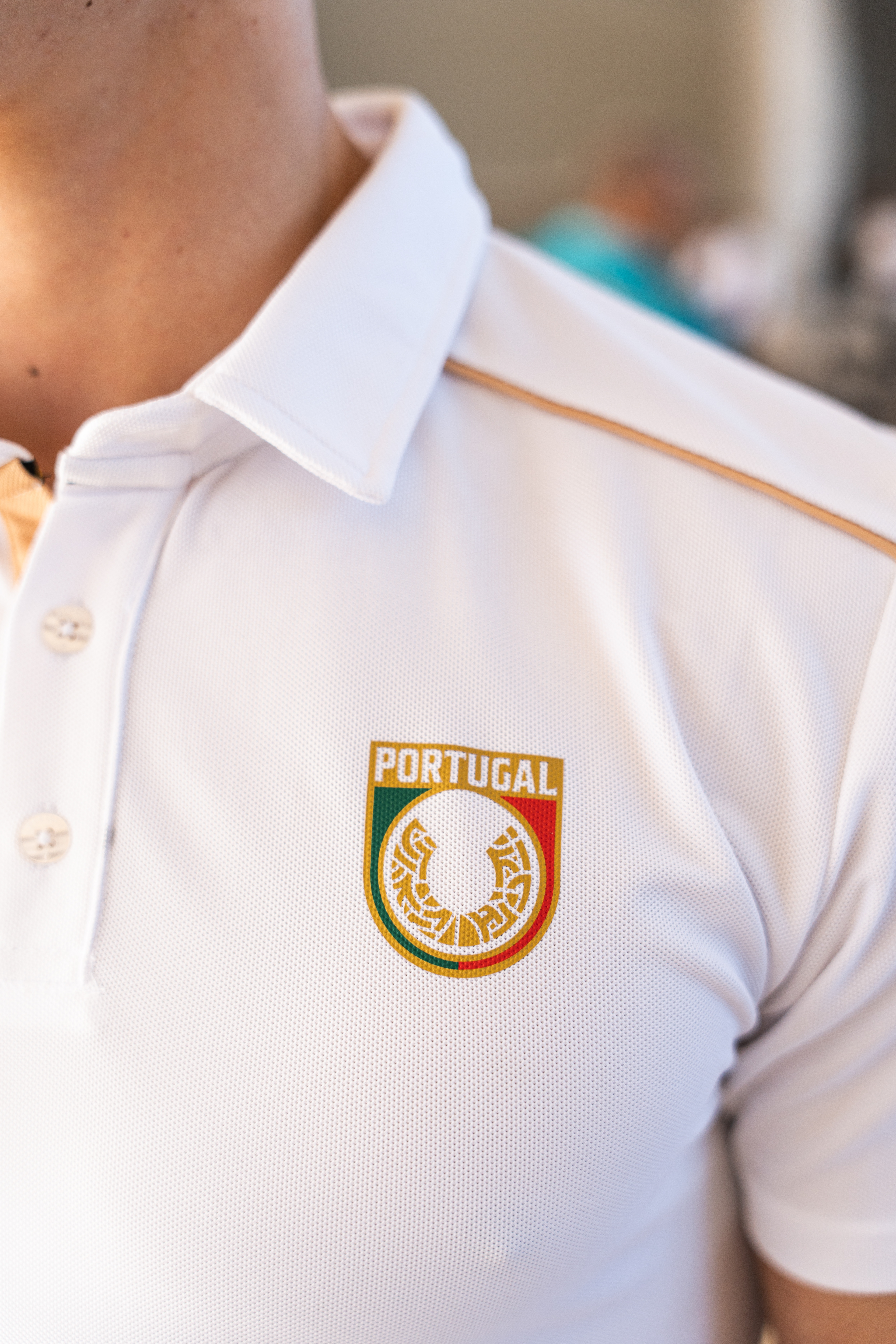


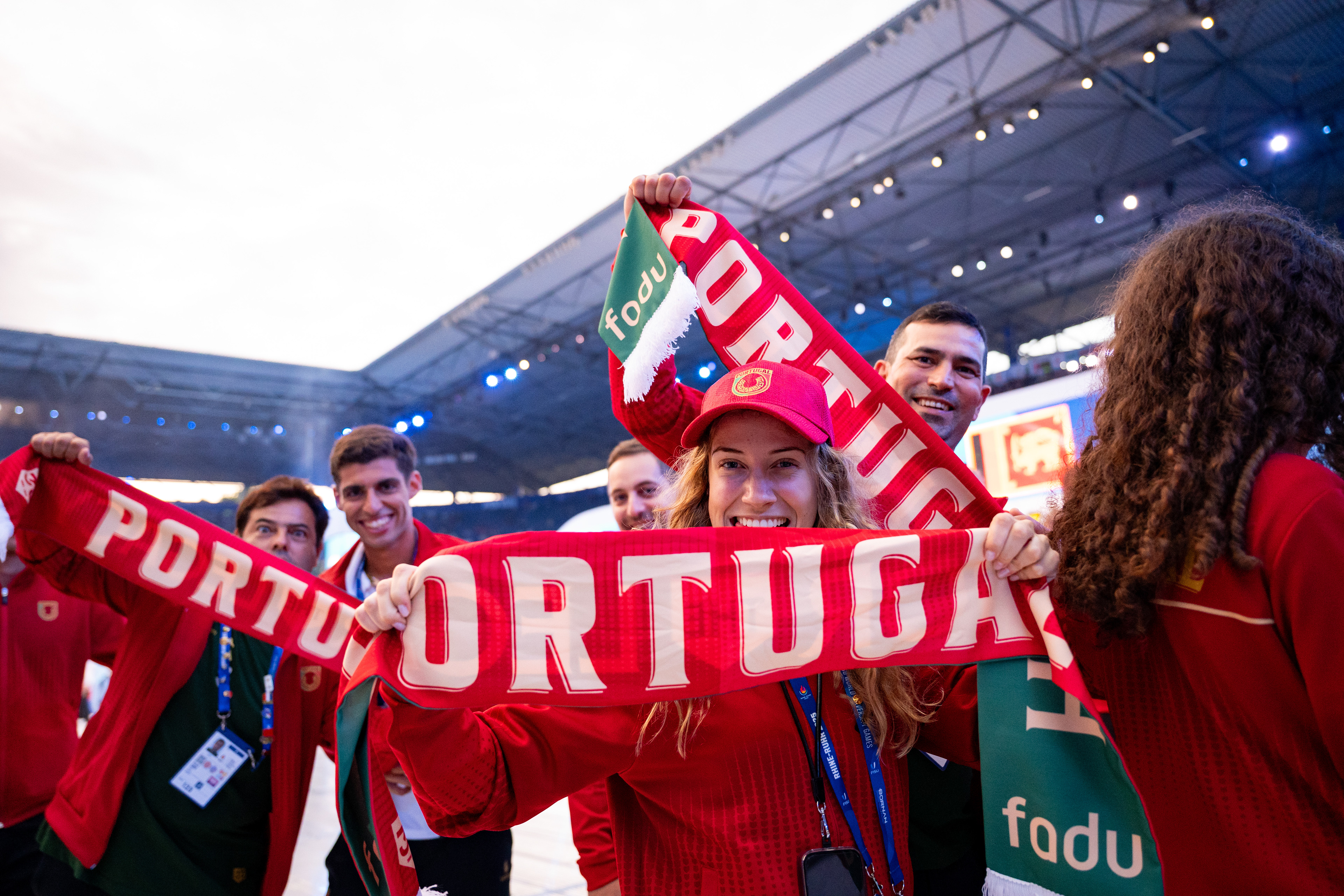


Illustration.
Another key component of this project was the illustrative work. I invited my friend and artist Mafalda Pinto, known by her artistic name “Makoto”, to collaborate on the visual development of the Portuguese Mission. She was responsible for the castle illustration and the hand-drawn typography, both of which added a more expressive and personal layer to the project’s identity.
These illustrations were featured in various materials, especially during the official presentation ceremony. They appeared across promotional supports, including a stand at Lisbon Airport, where the artwork was displayed on vinyls, a backdrop, and the main screen in the reception area.
The castle illustration was conceptually inspired by the architectural style of Portuguese castles. It was not intended to represent a specific monument, but rather to convey a visual interpretation based on the traditional forms and character of Portugal’s historic fortifications.
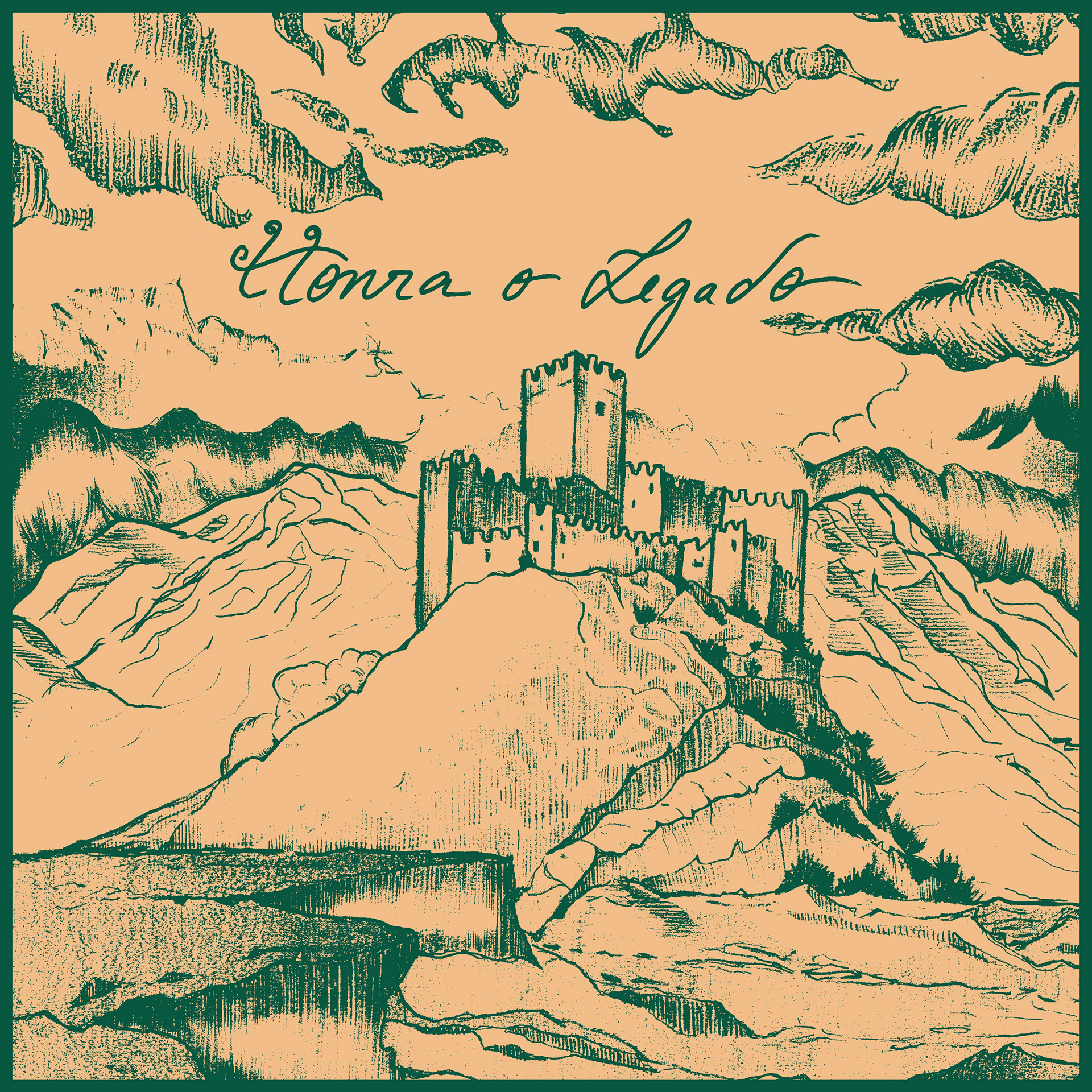
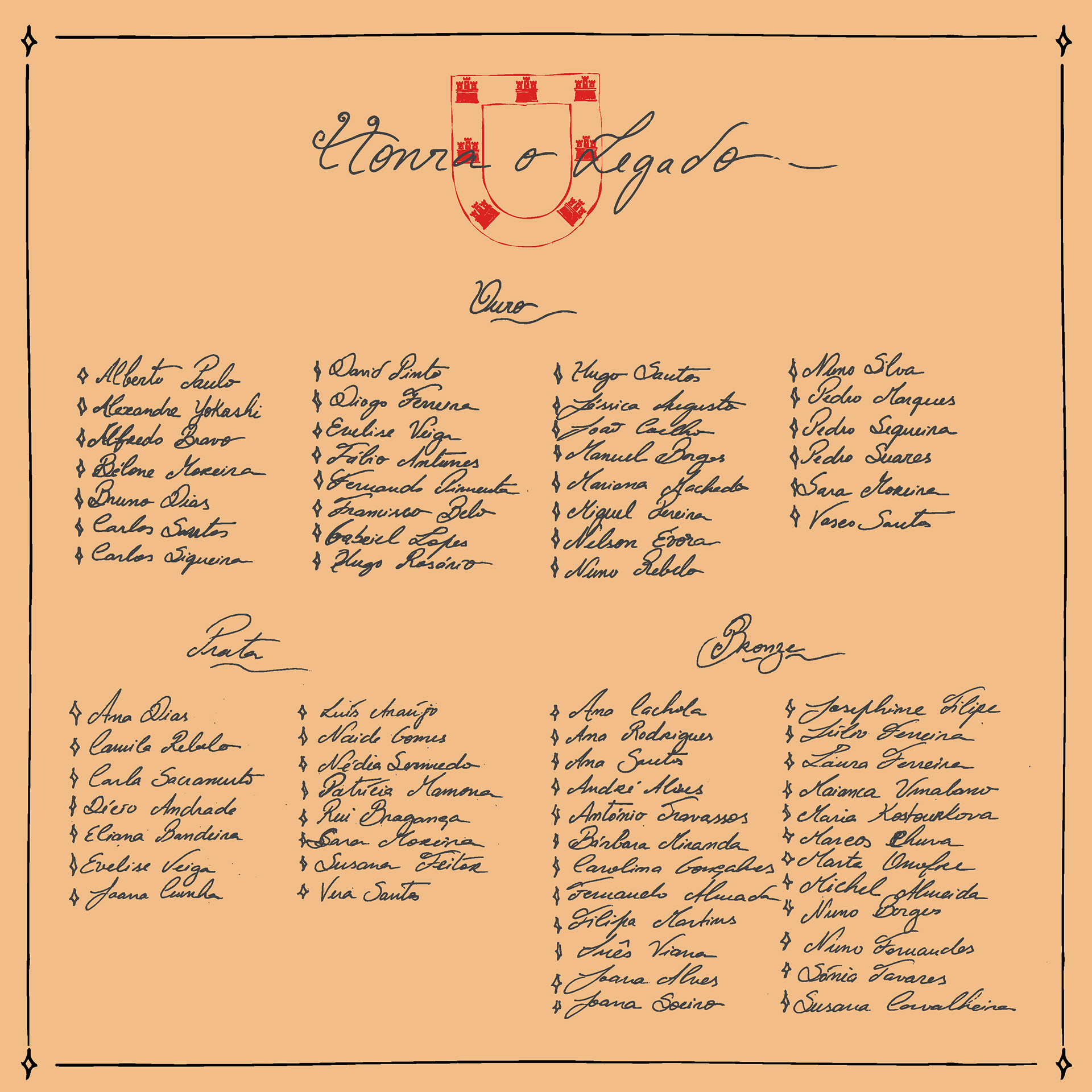

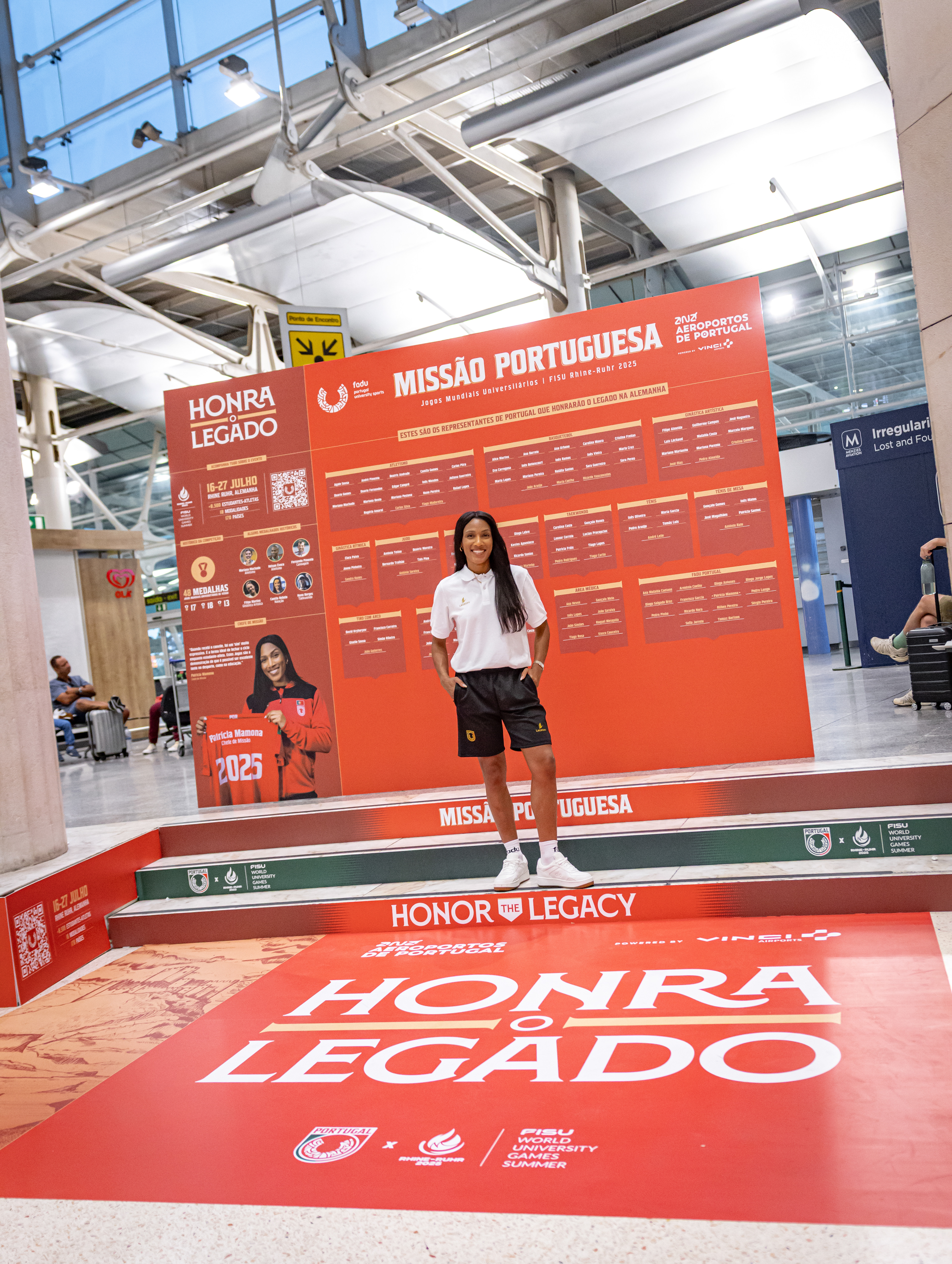
Photography.
As expected in a project of this scale, I also handled the photographic coverage of the Portuguese Mission. I was based in Berlin, where only two sports were represented: swimming and men’s volleyball. As a result, the range of photos across different sports was more limited.
Even so, I was able to capture key and emotional moments, such as Francisca Martins’ historic gold medal. The first ever won by a Portuguese woman in swimming at the FISU World University Games.

